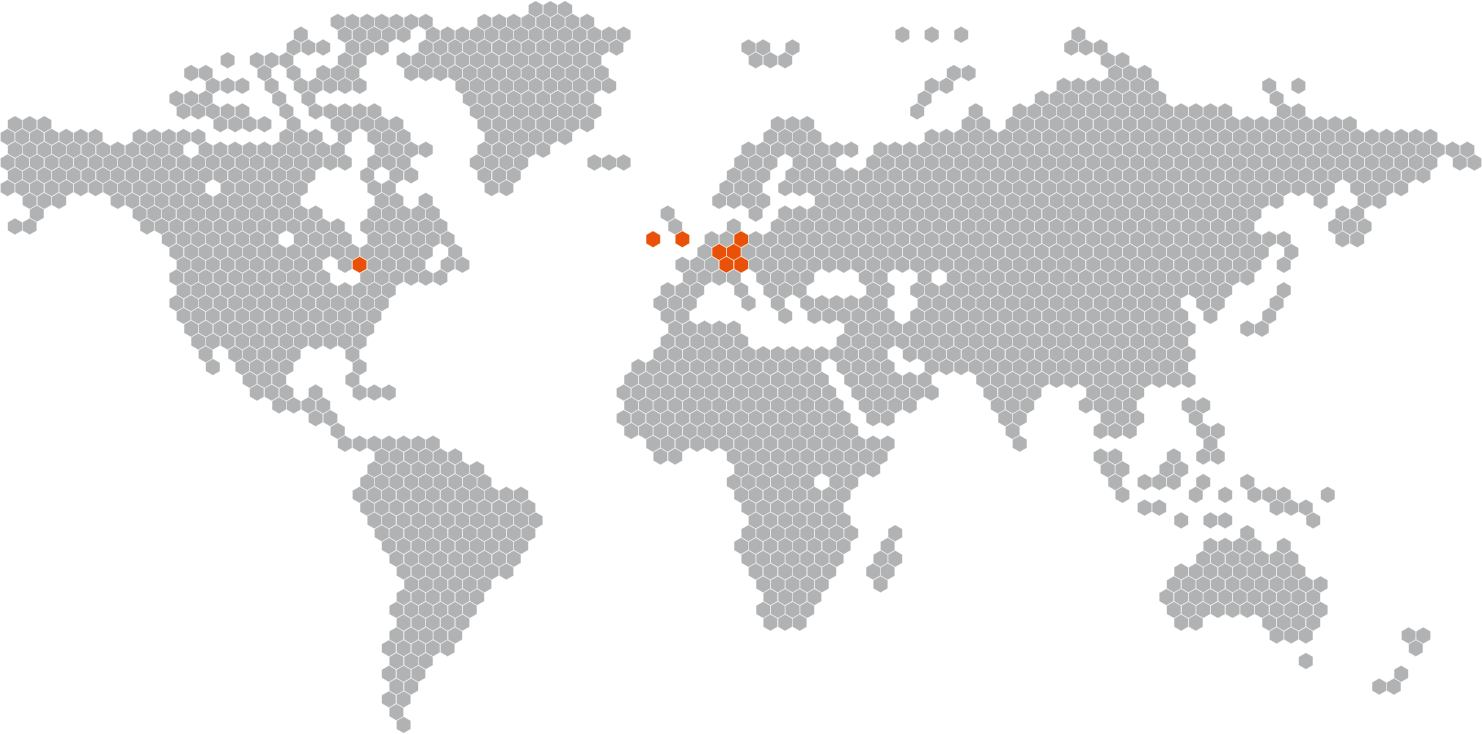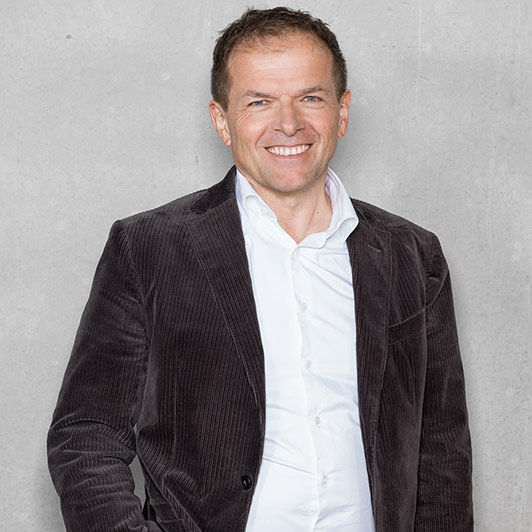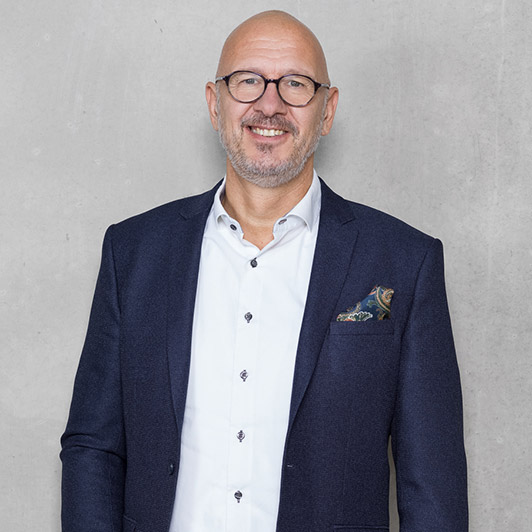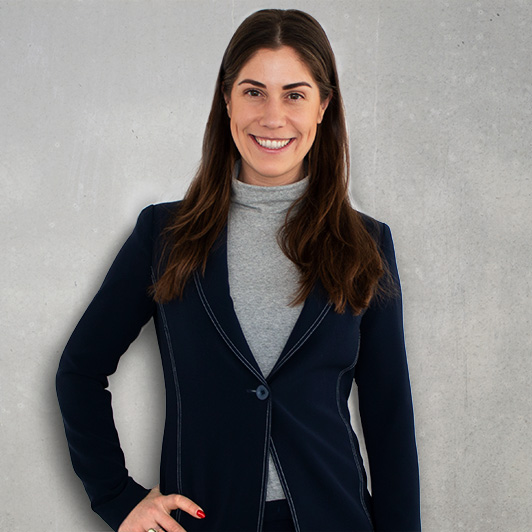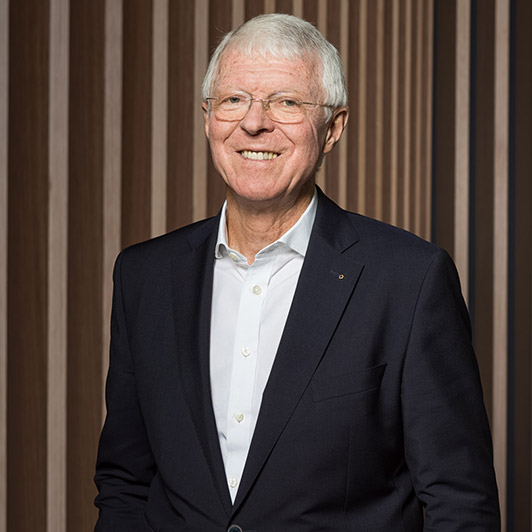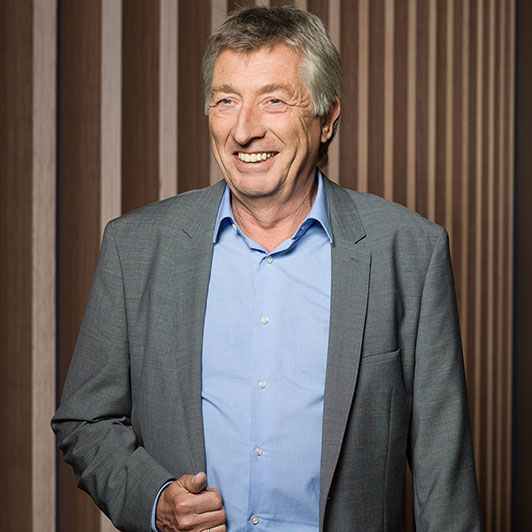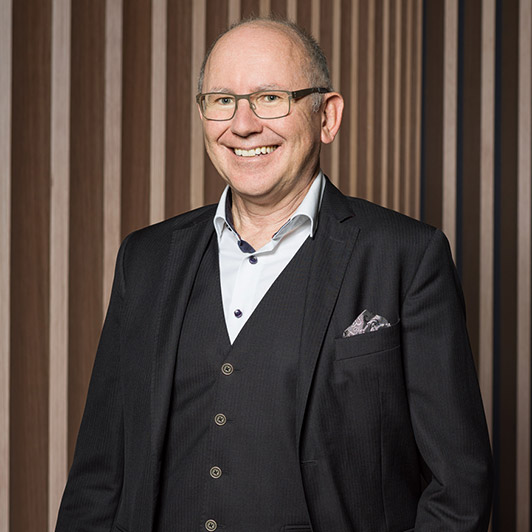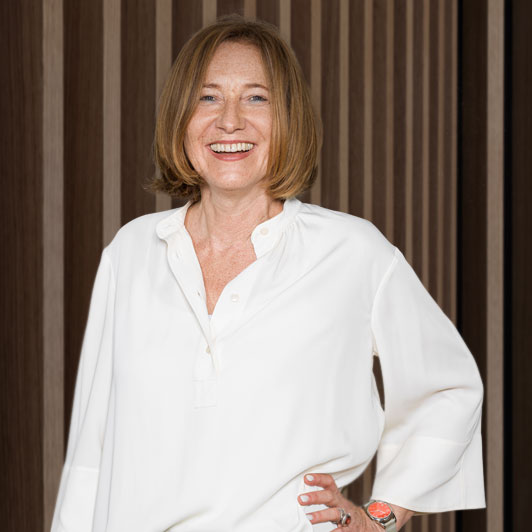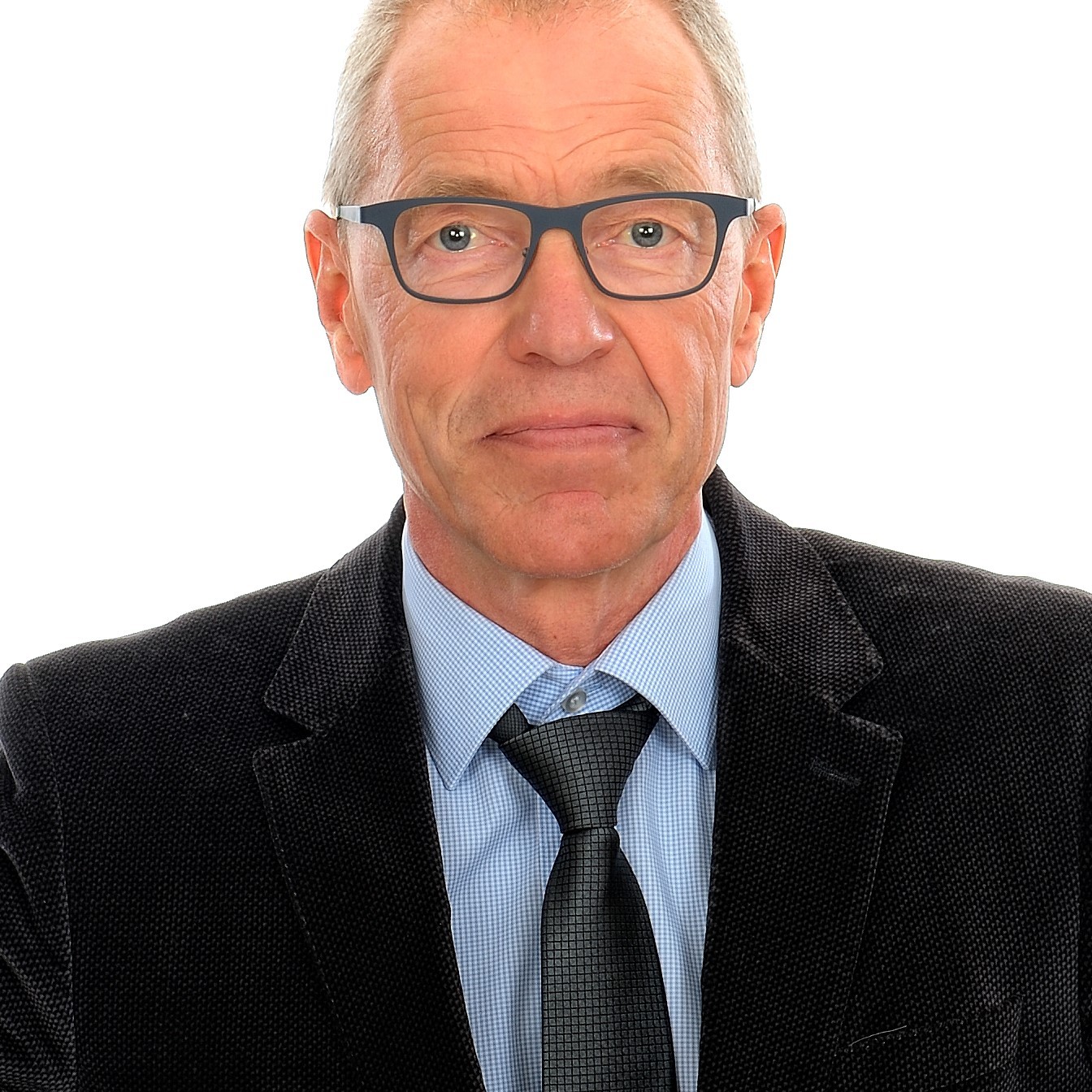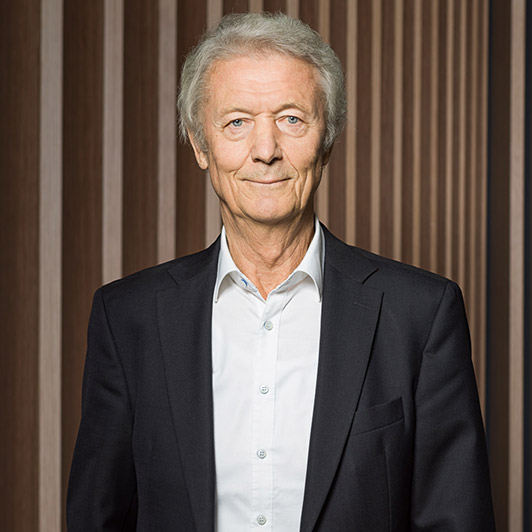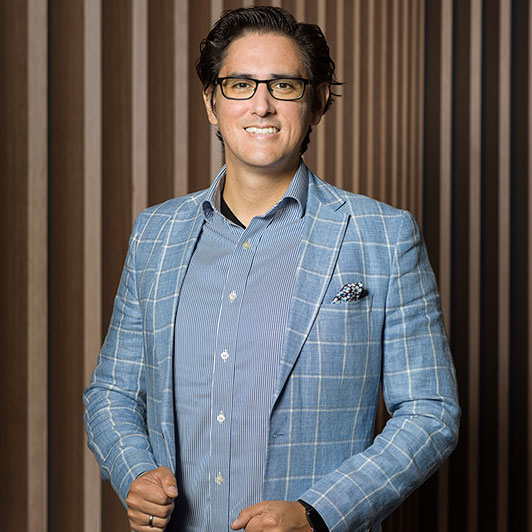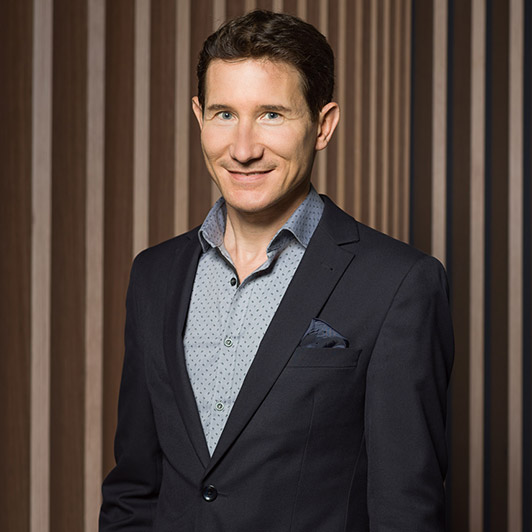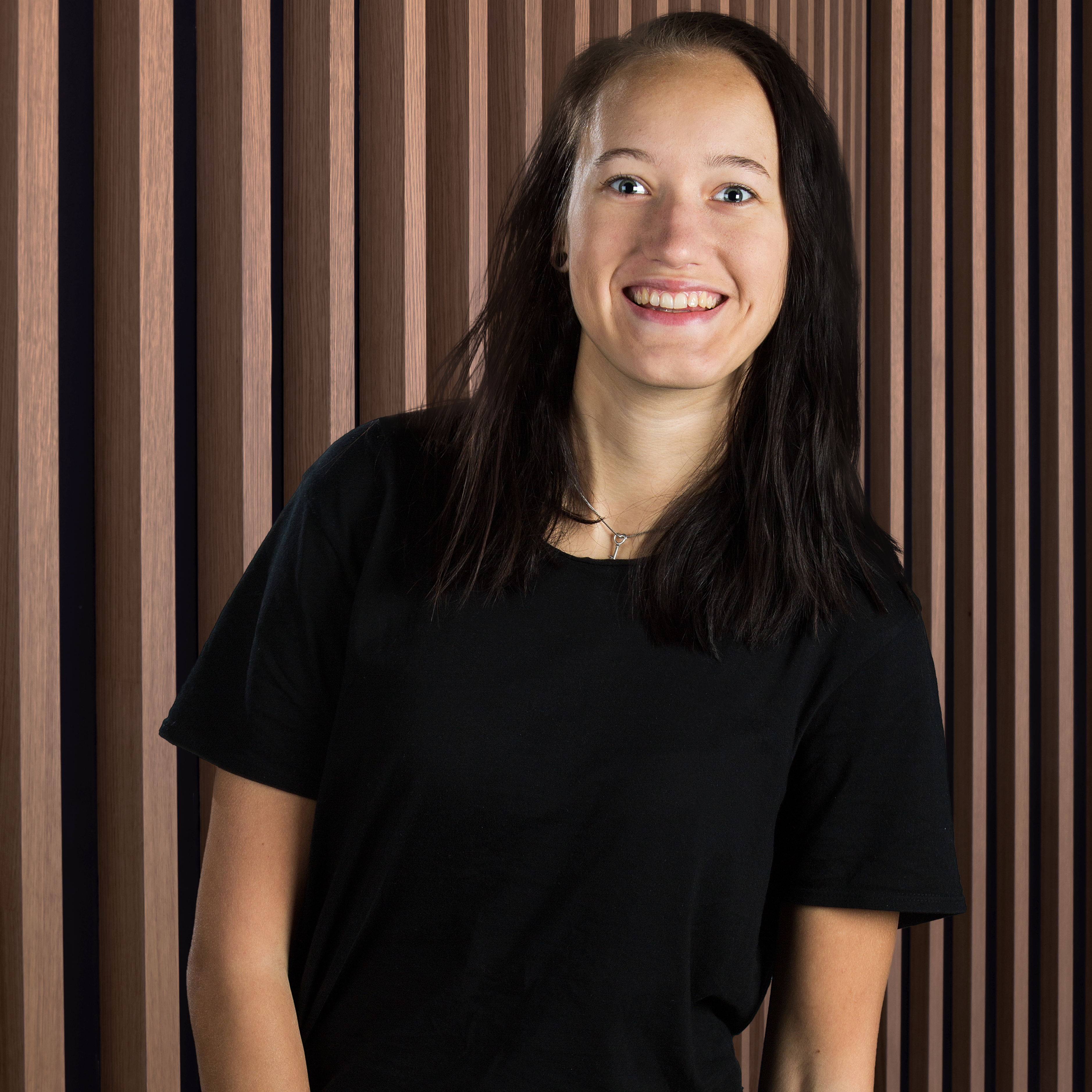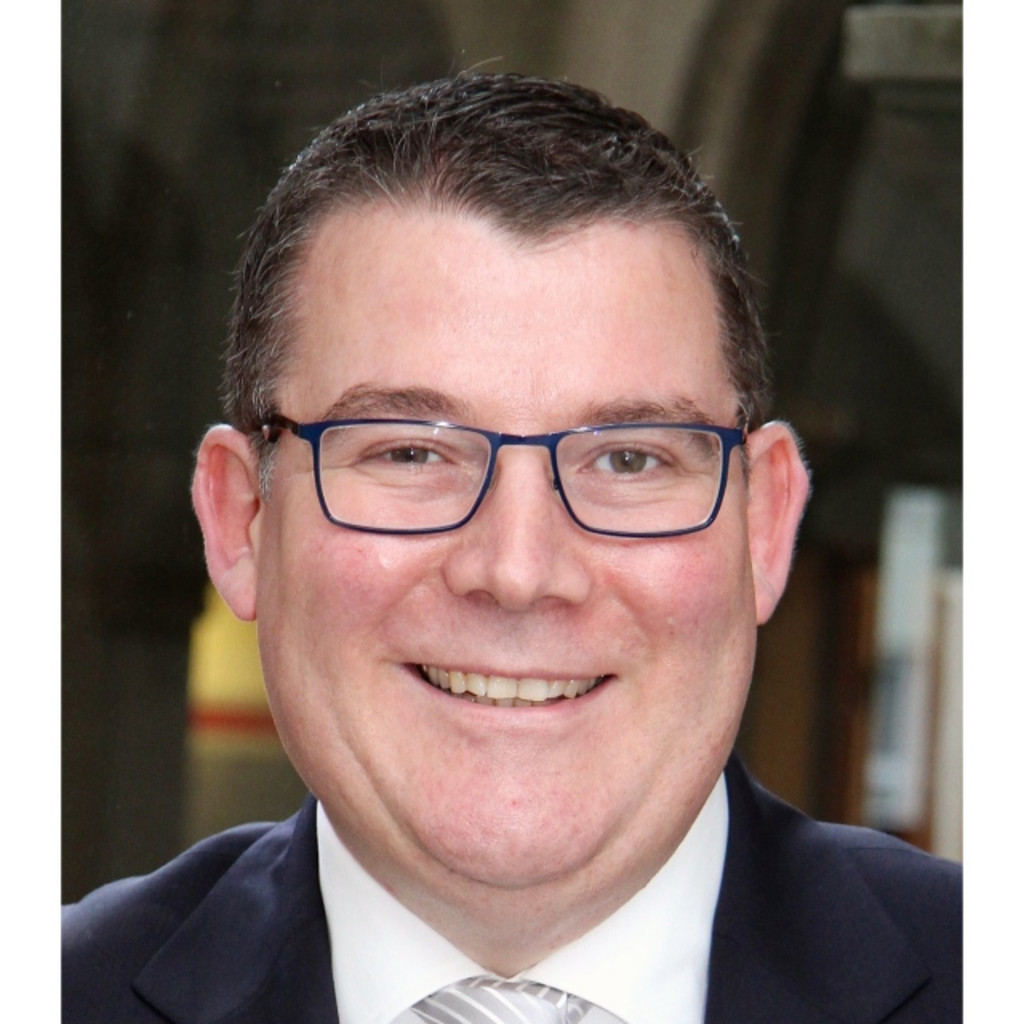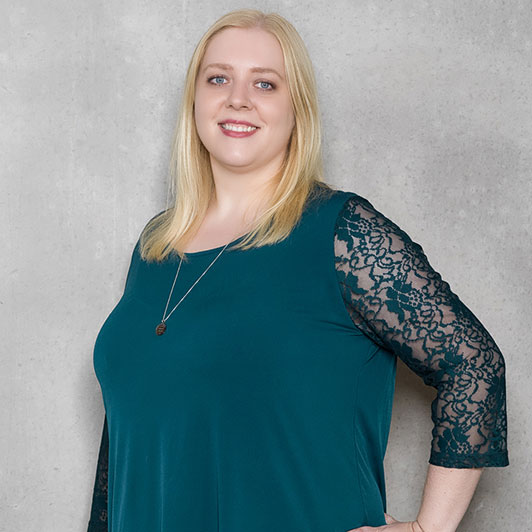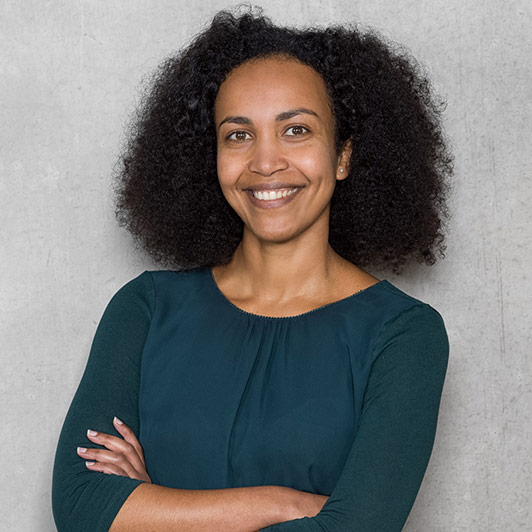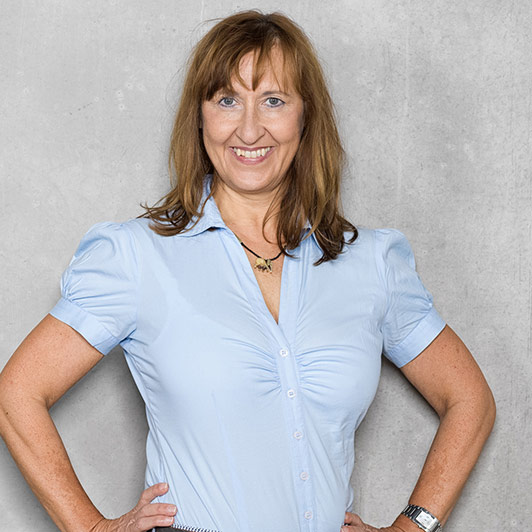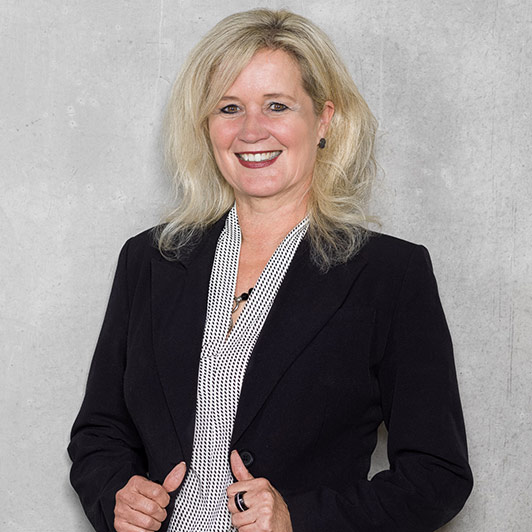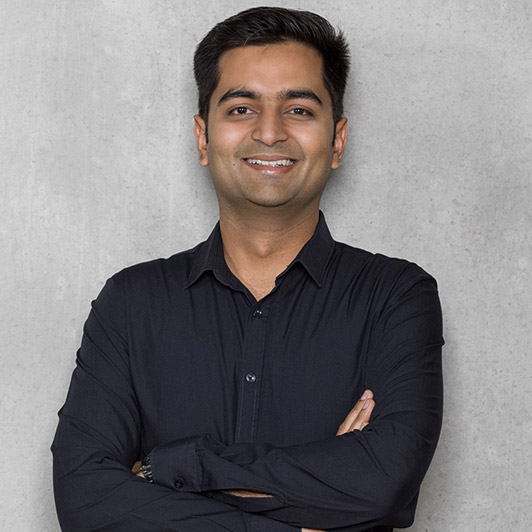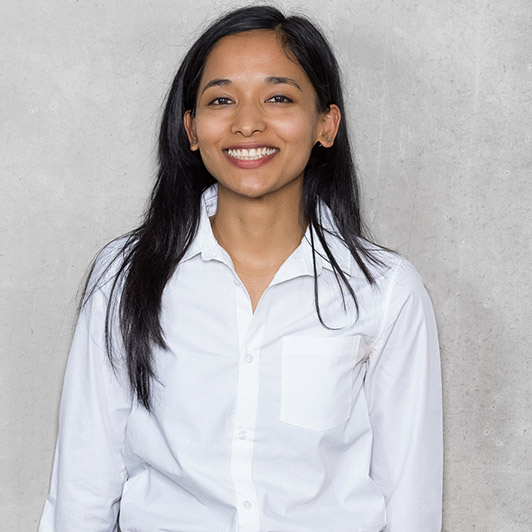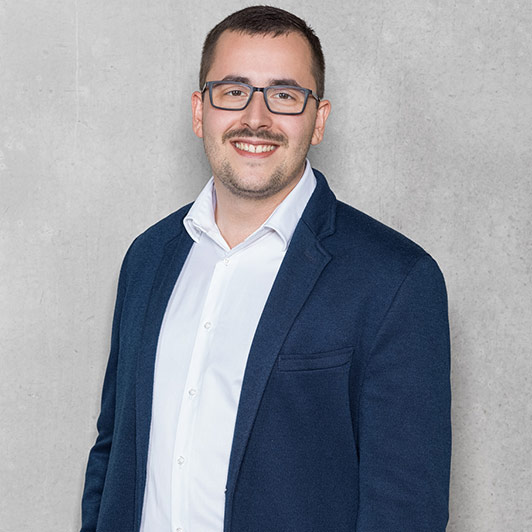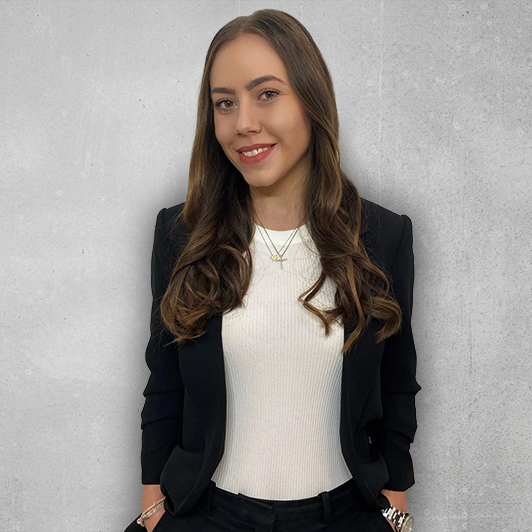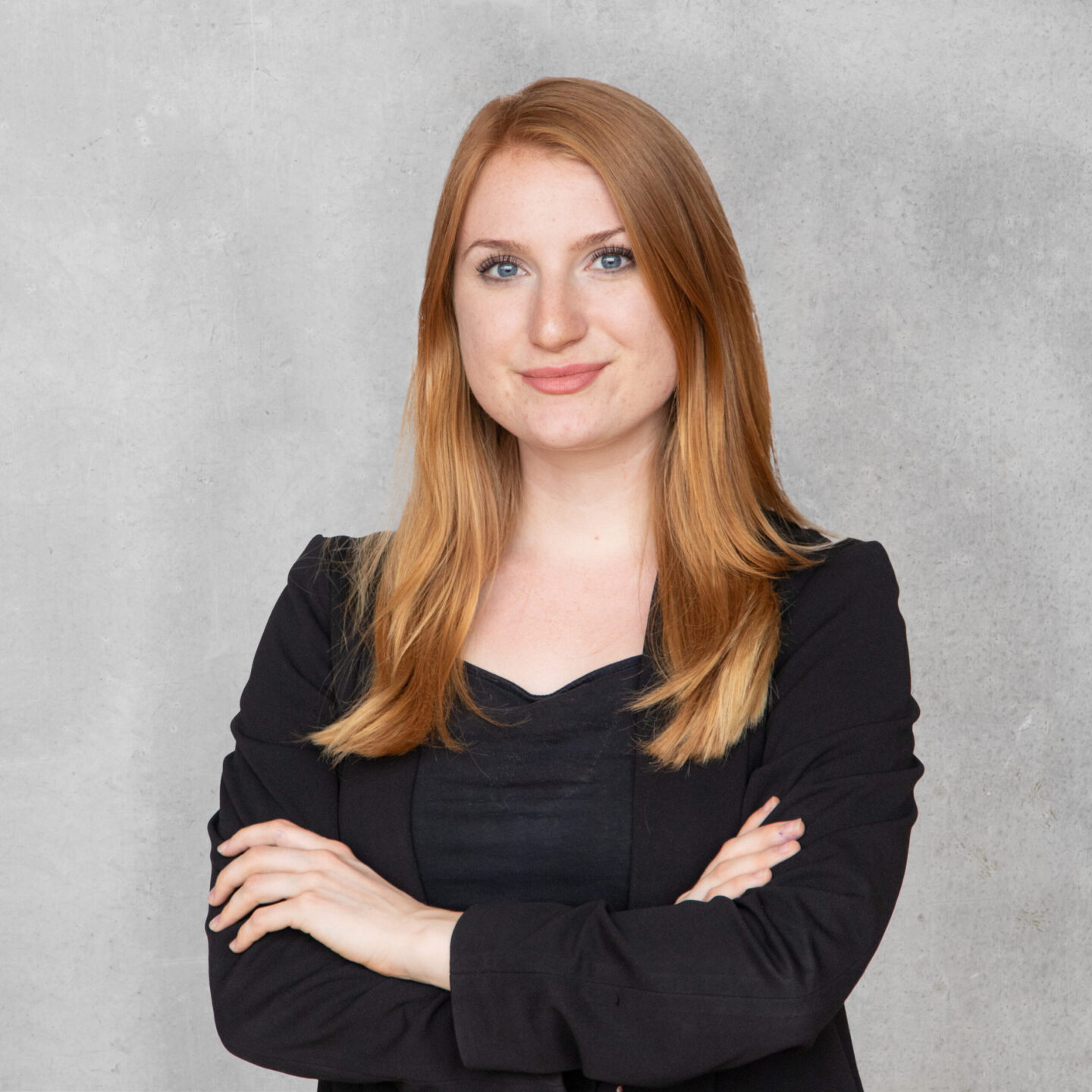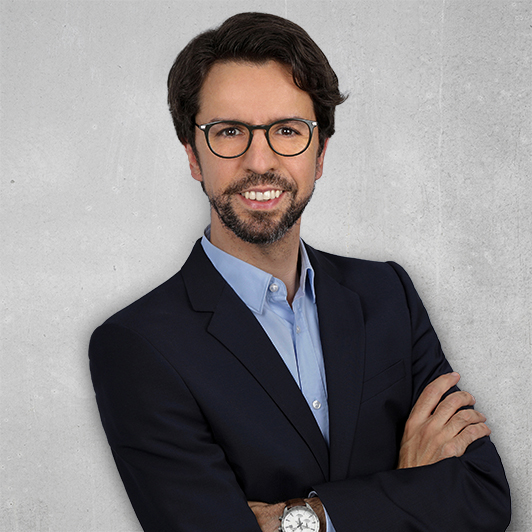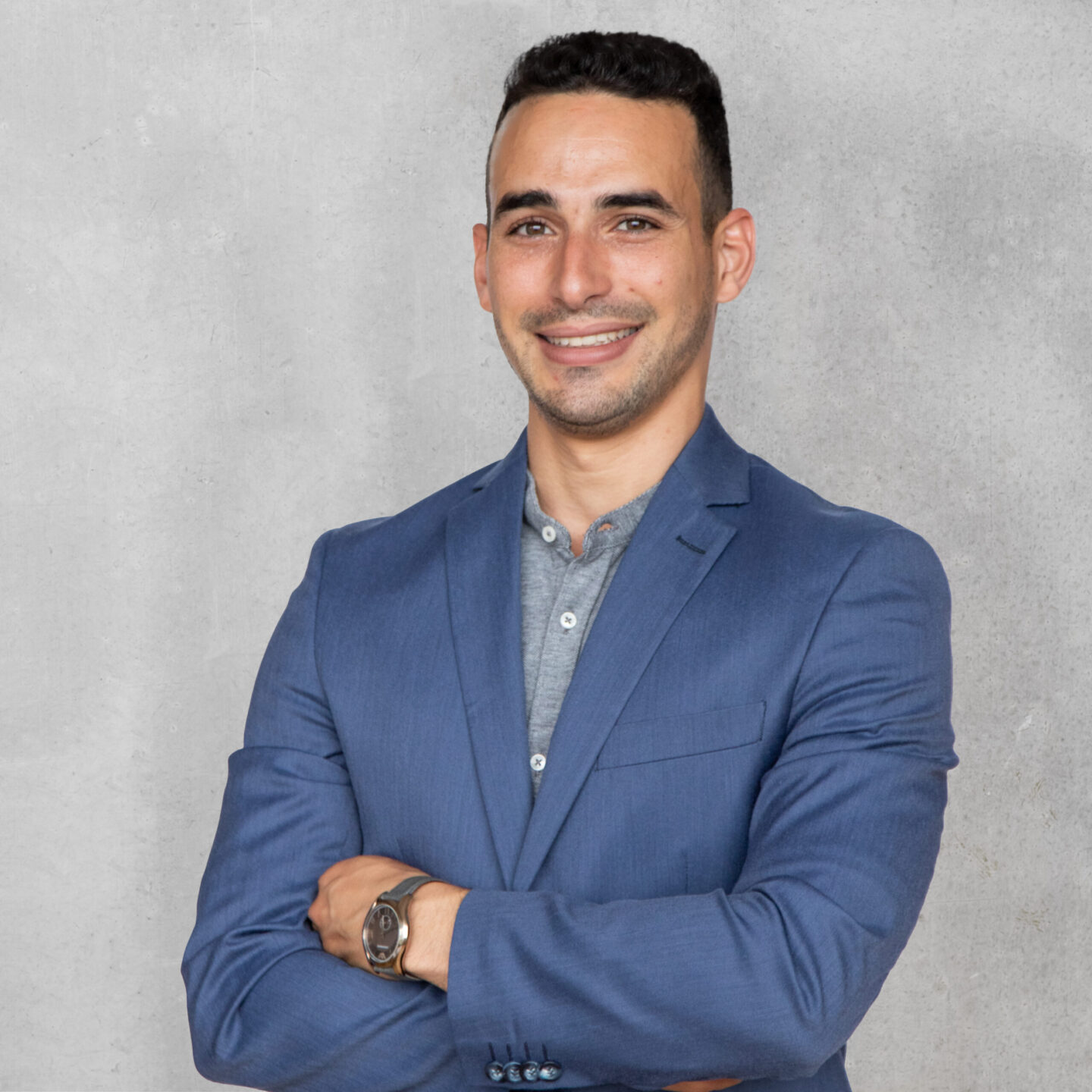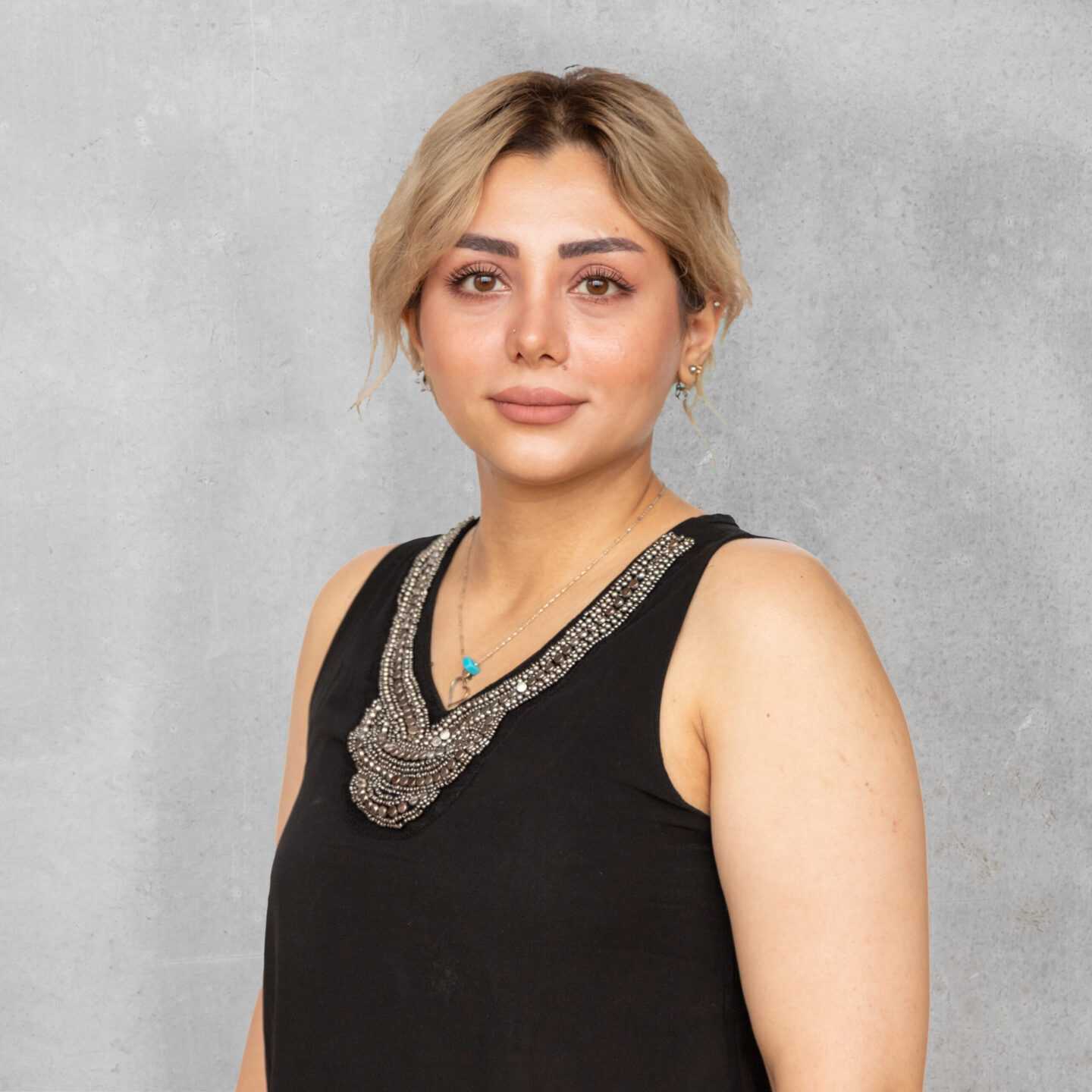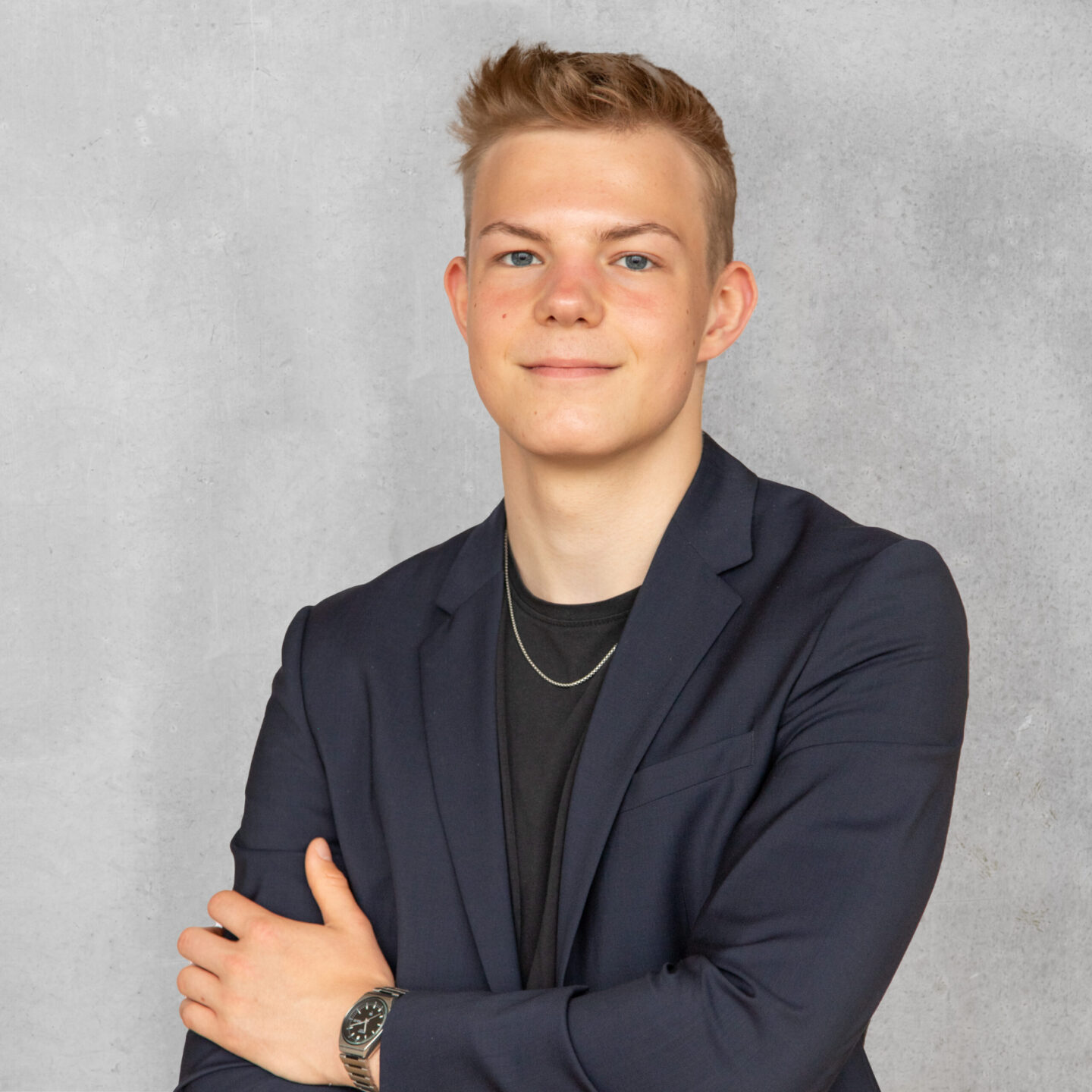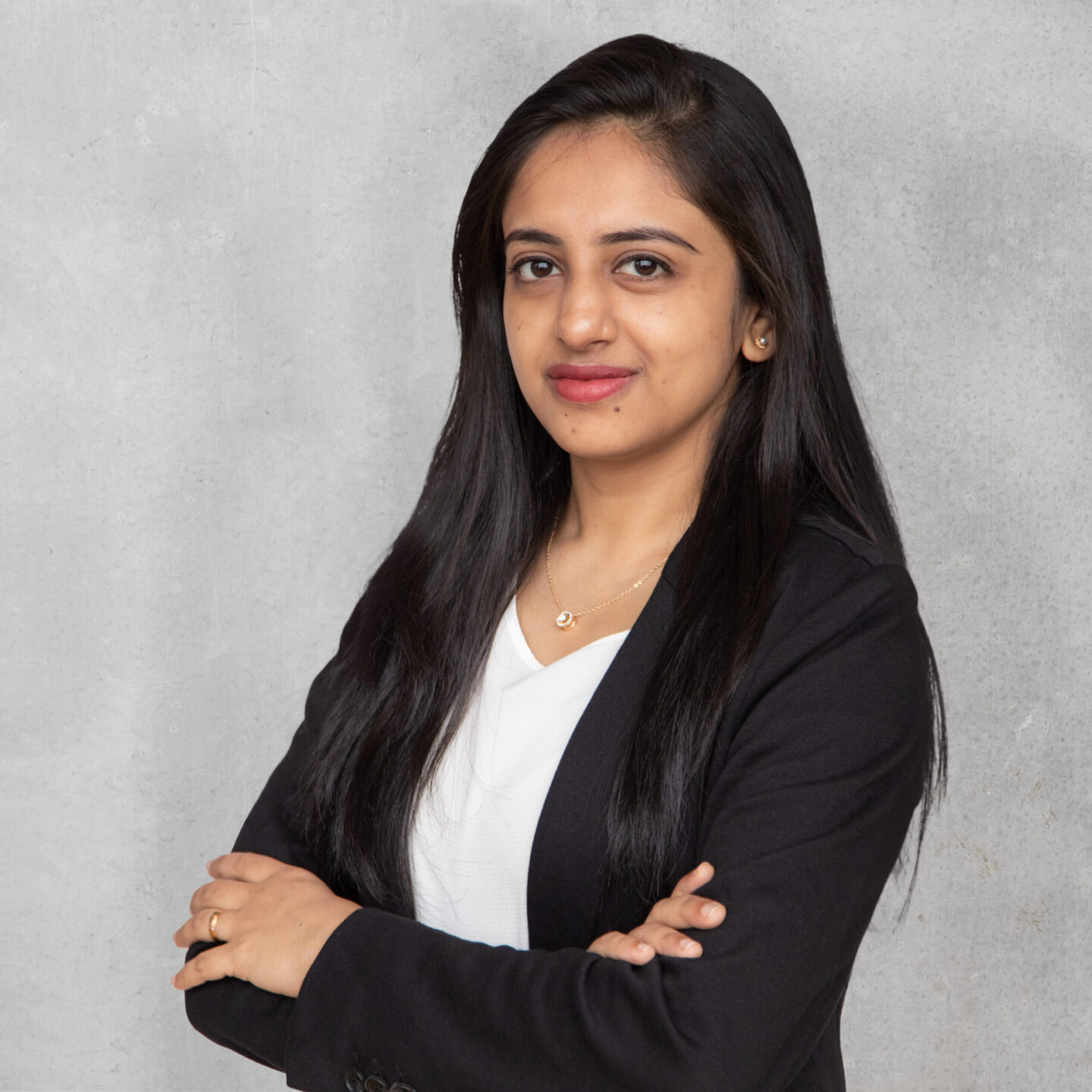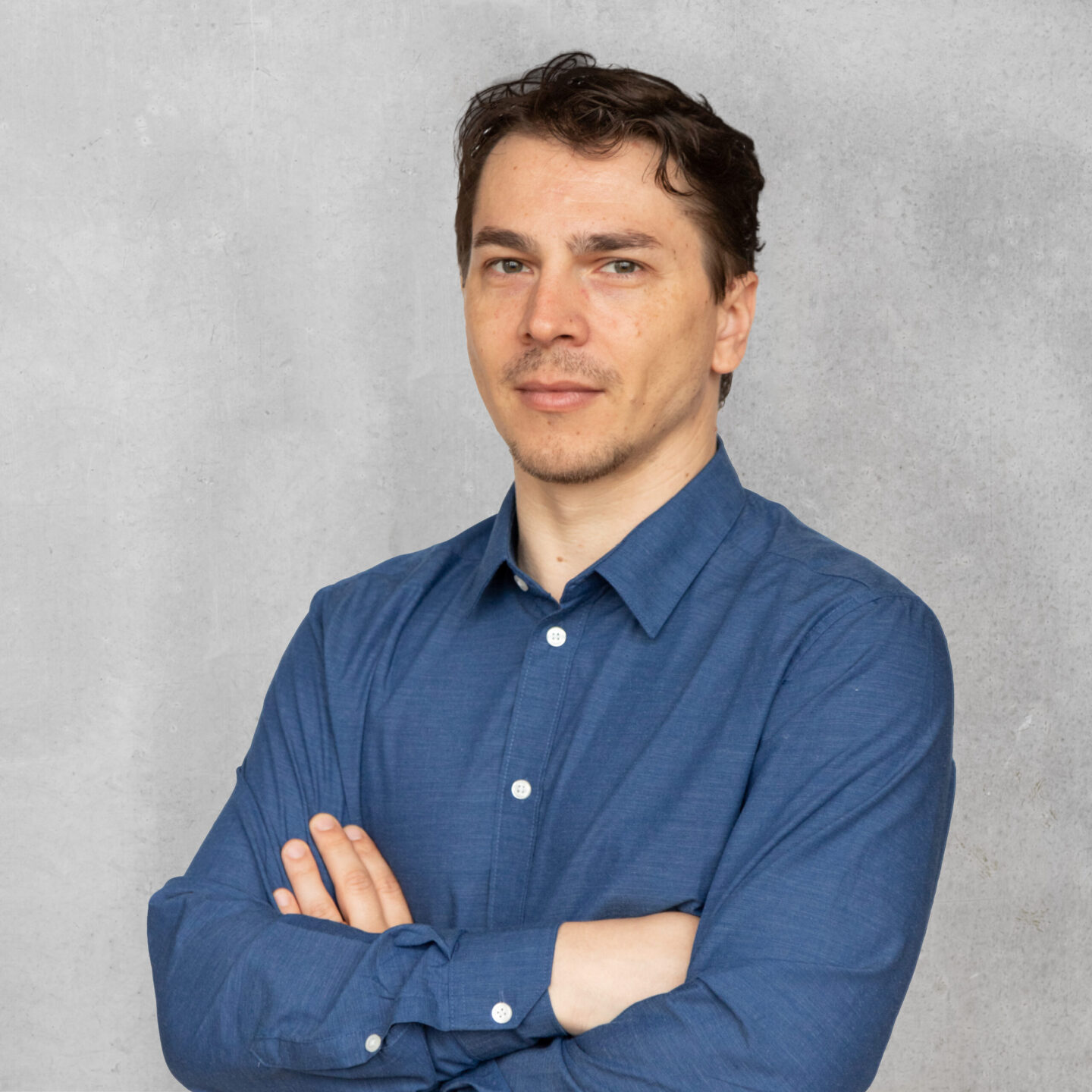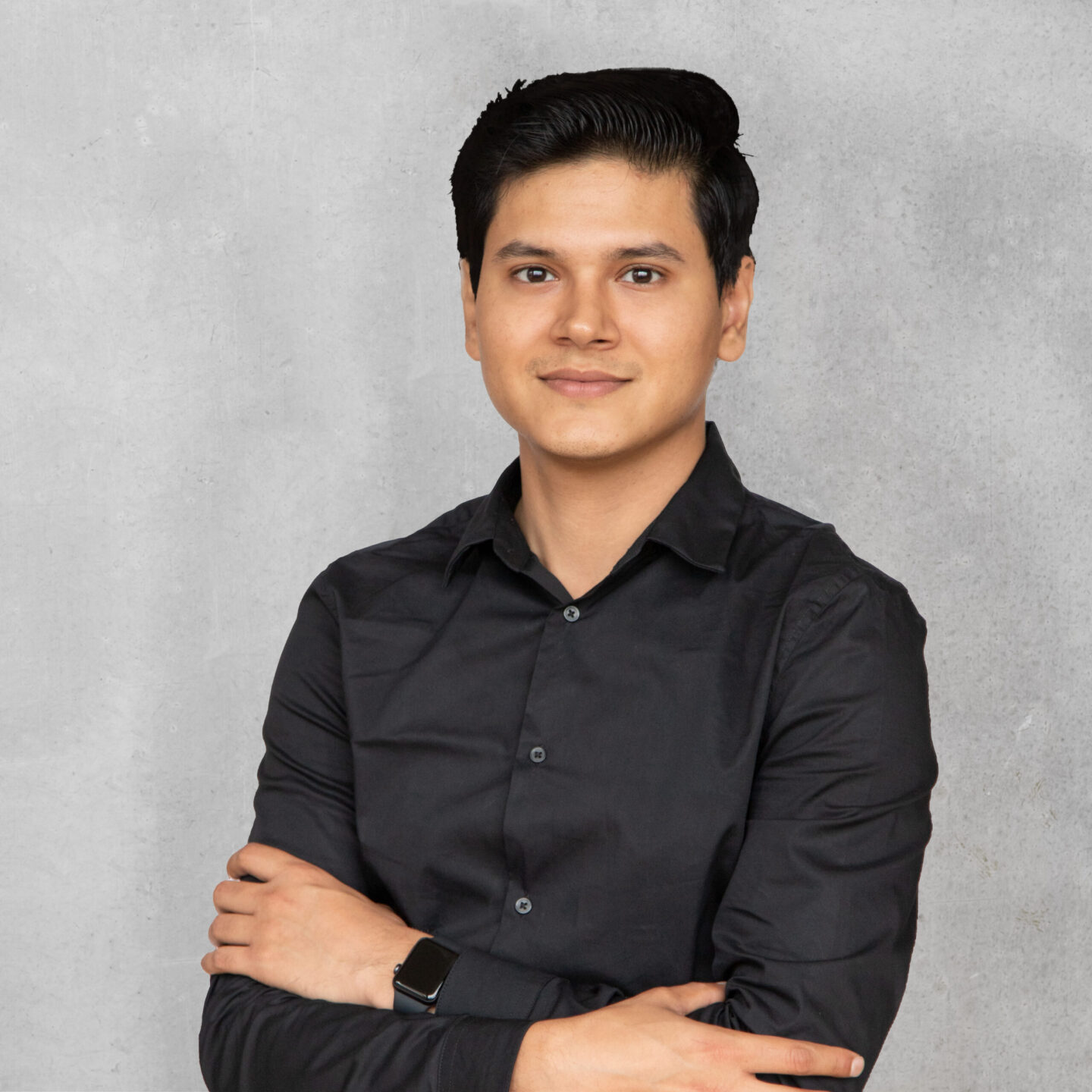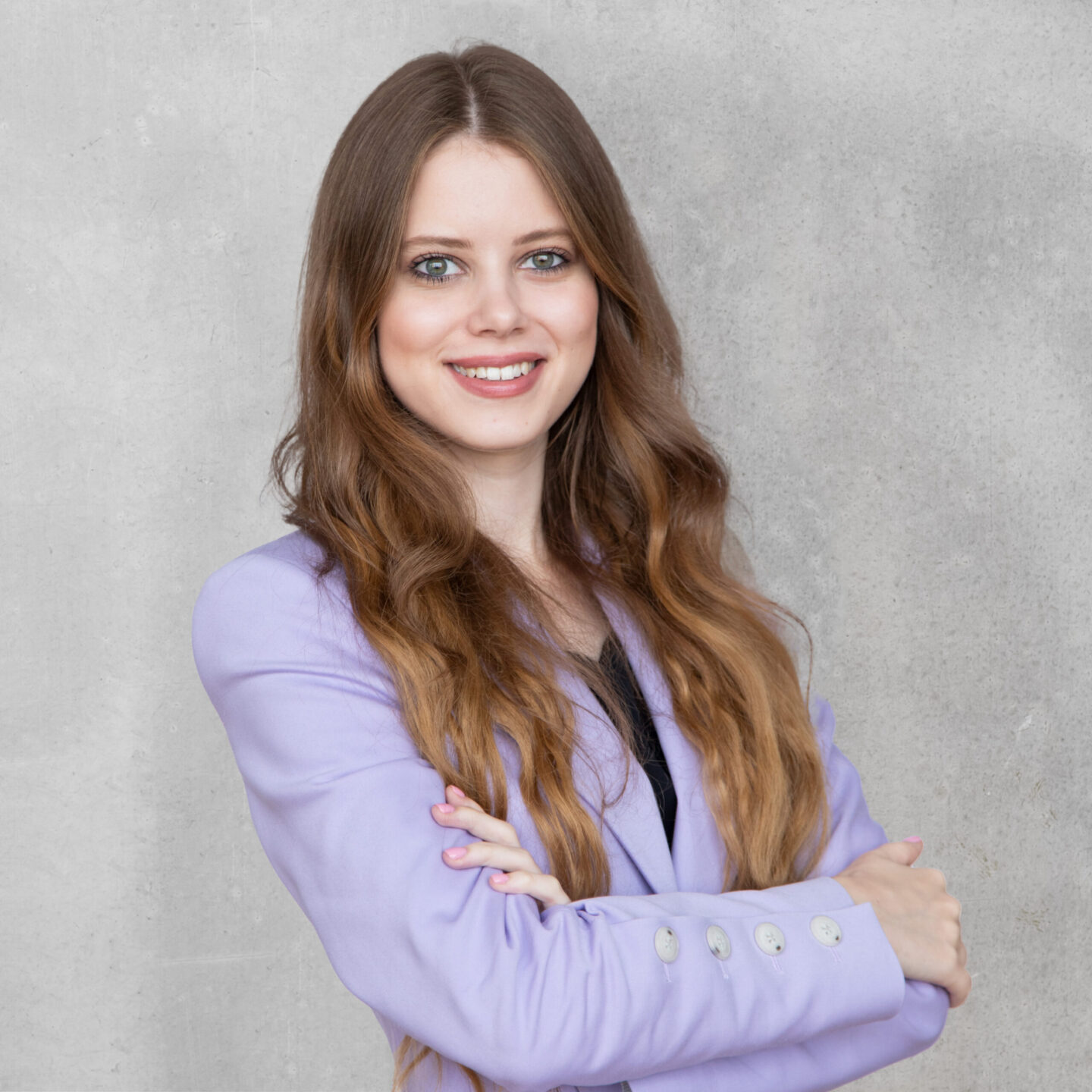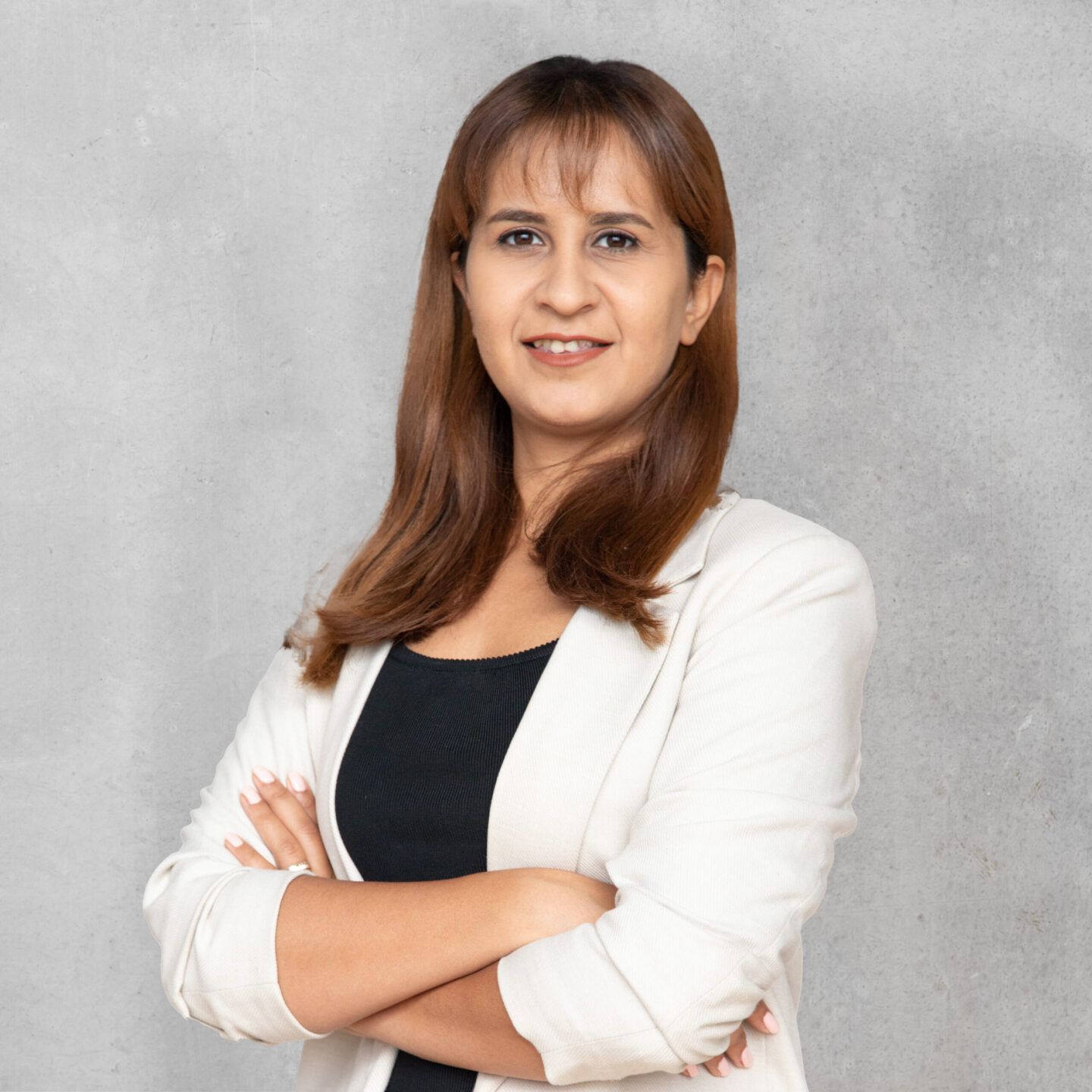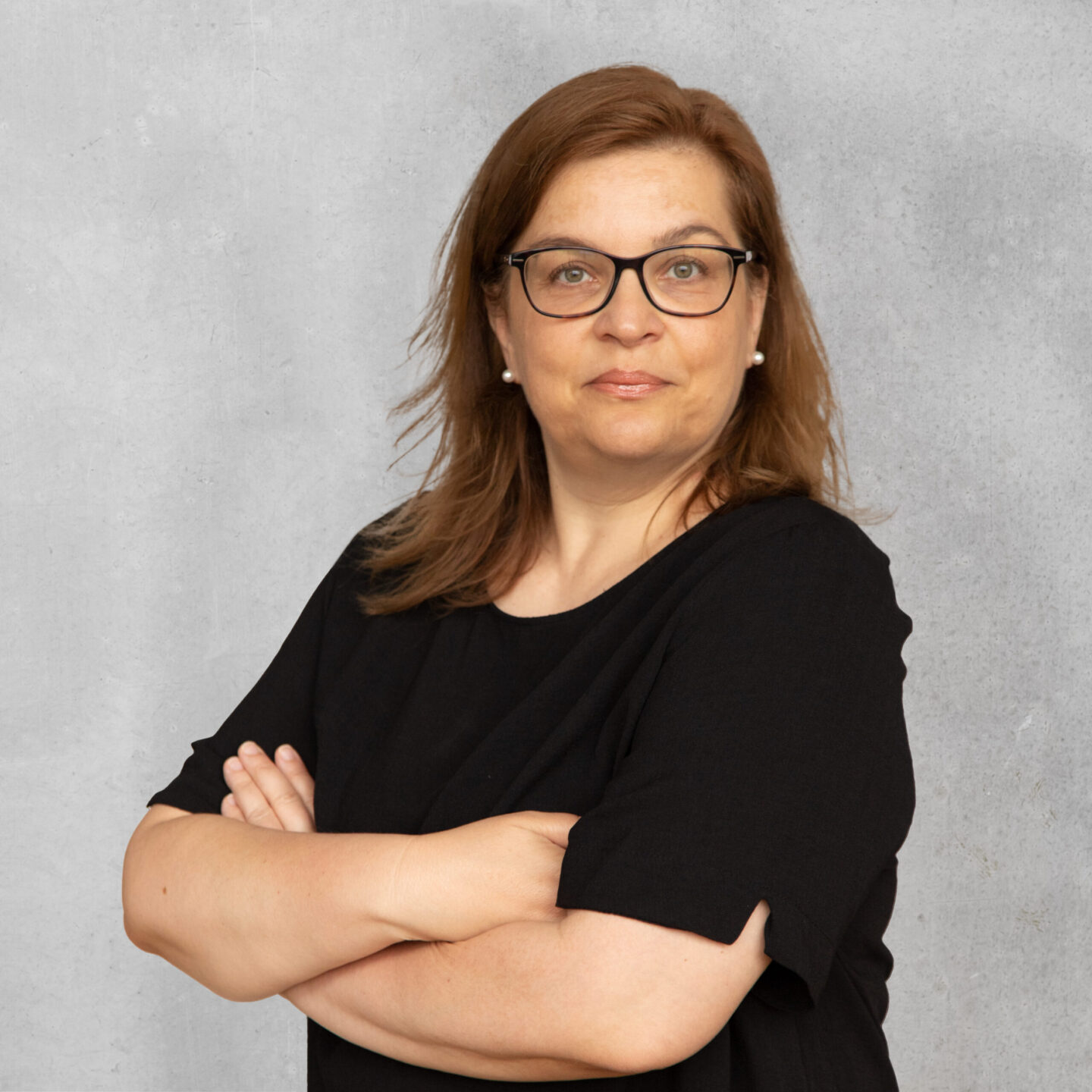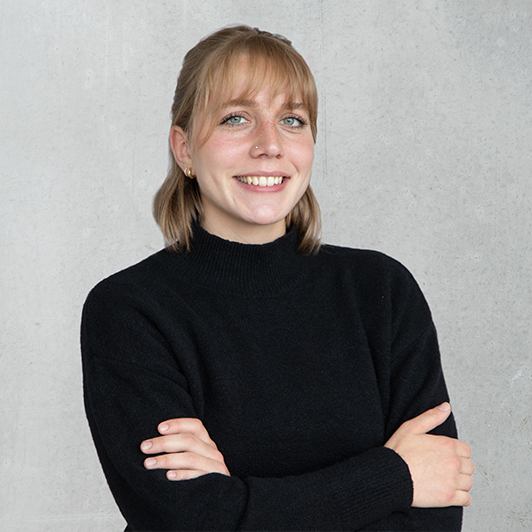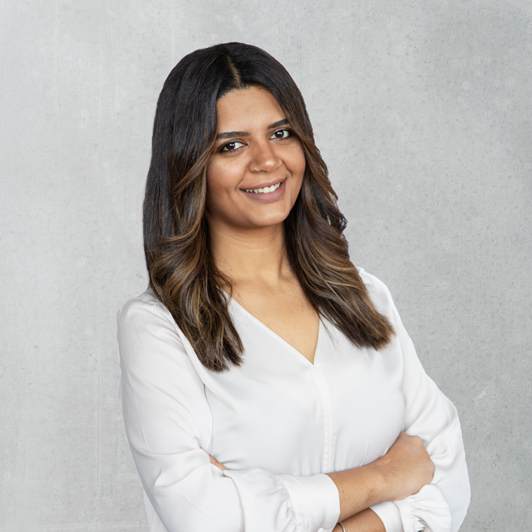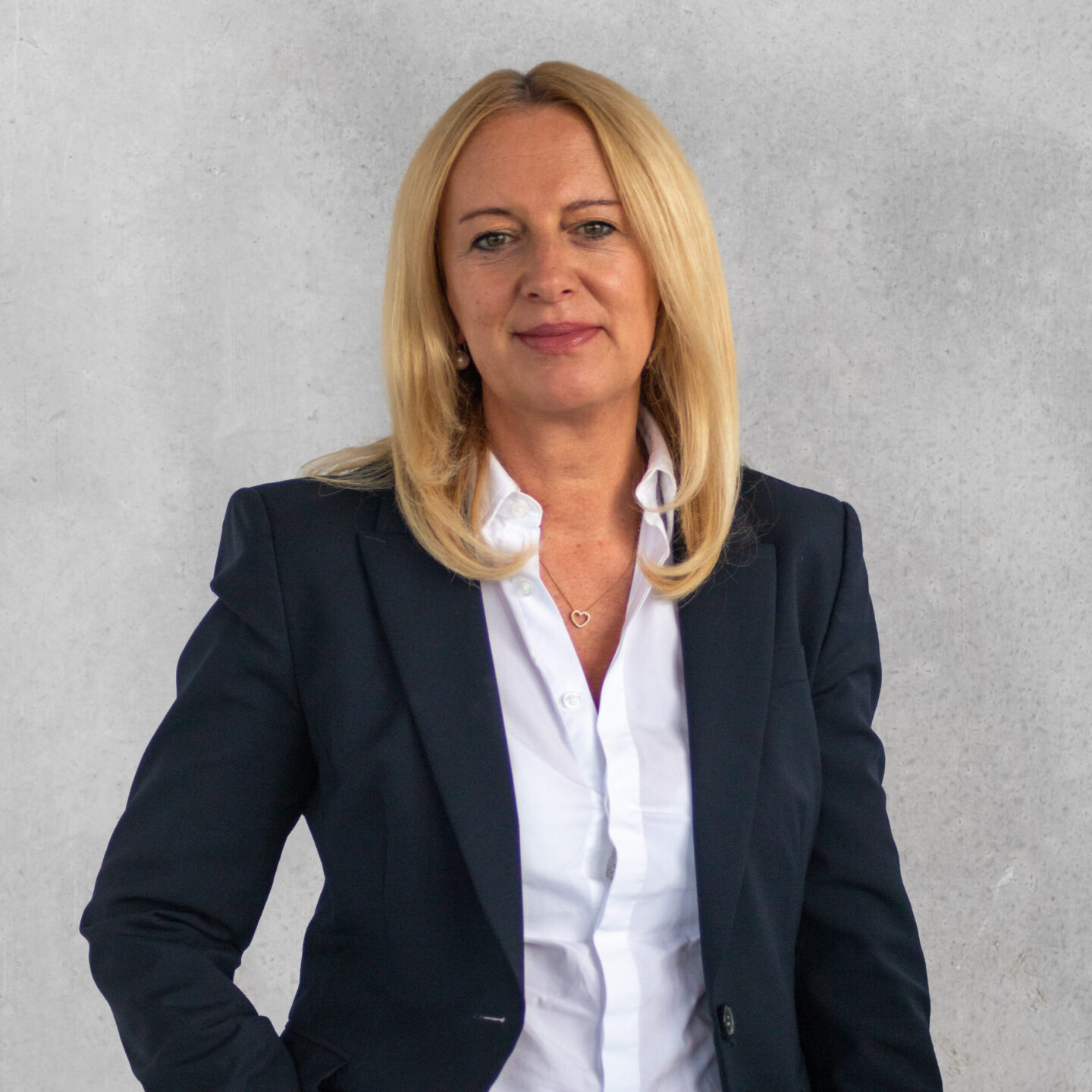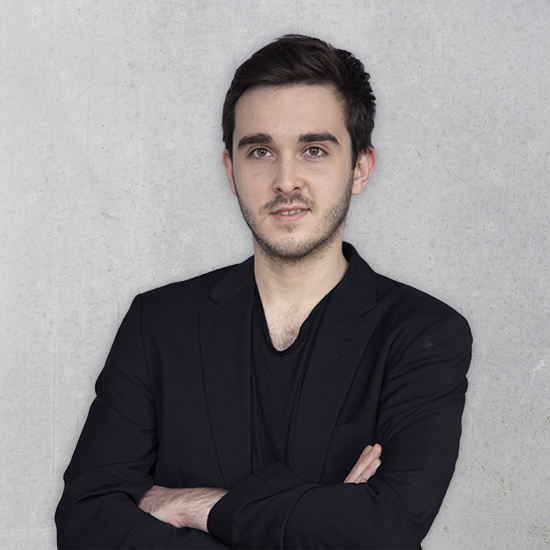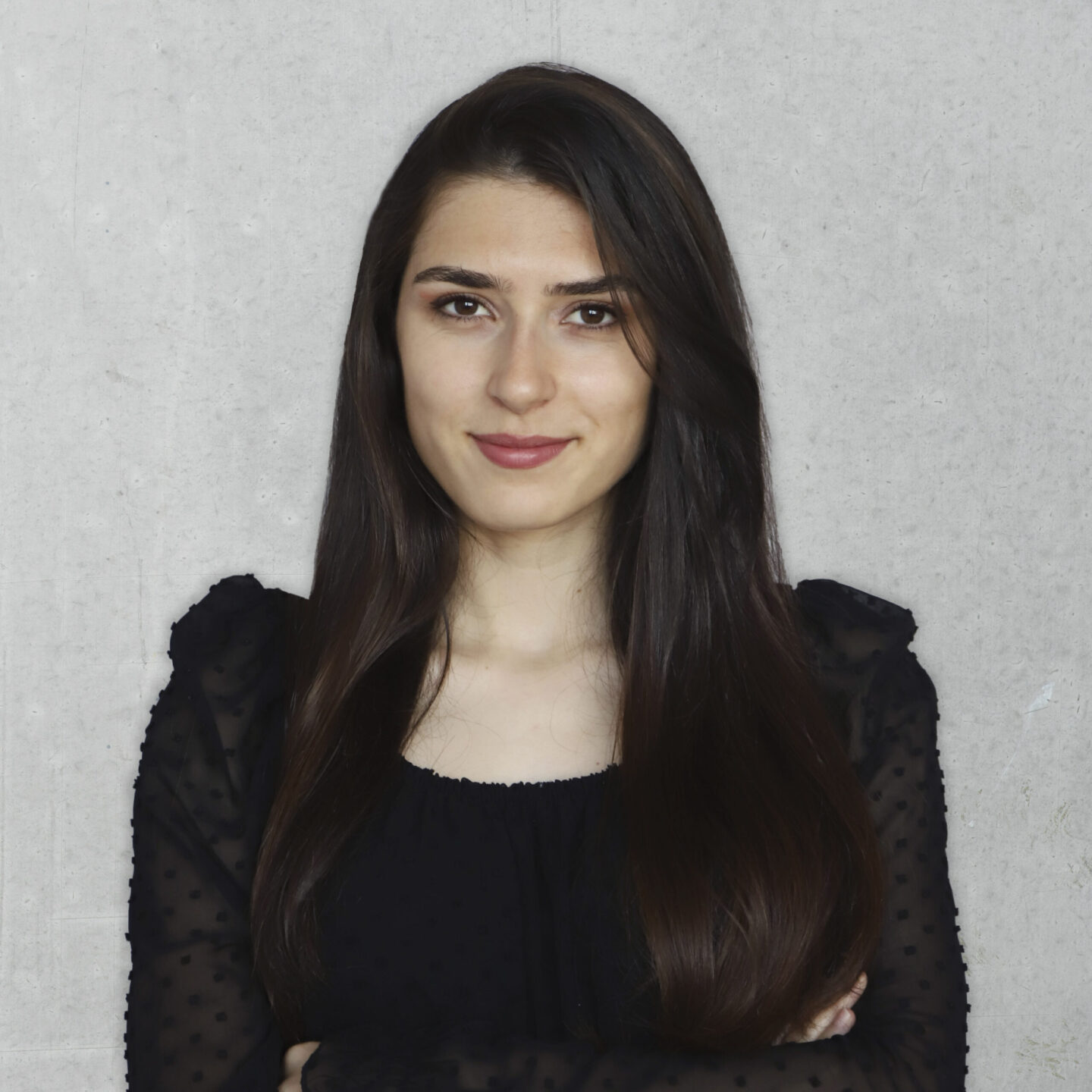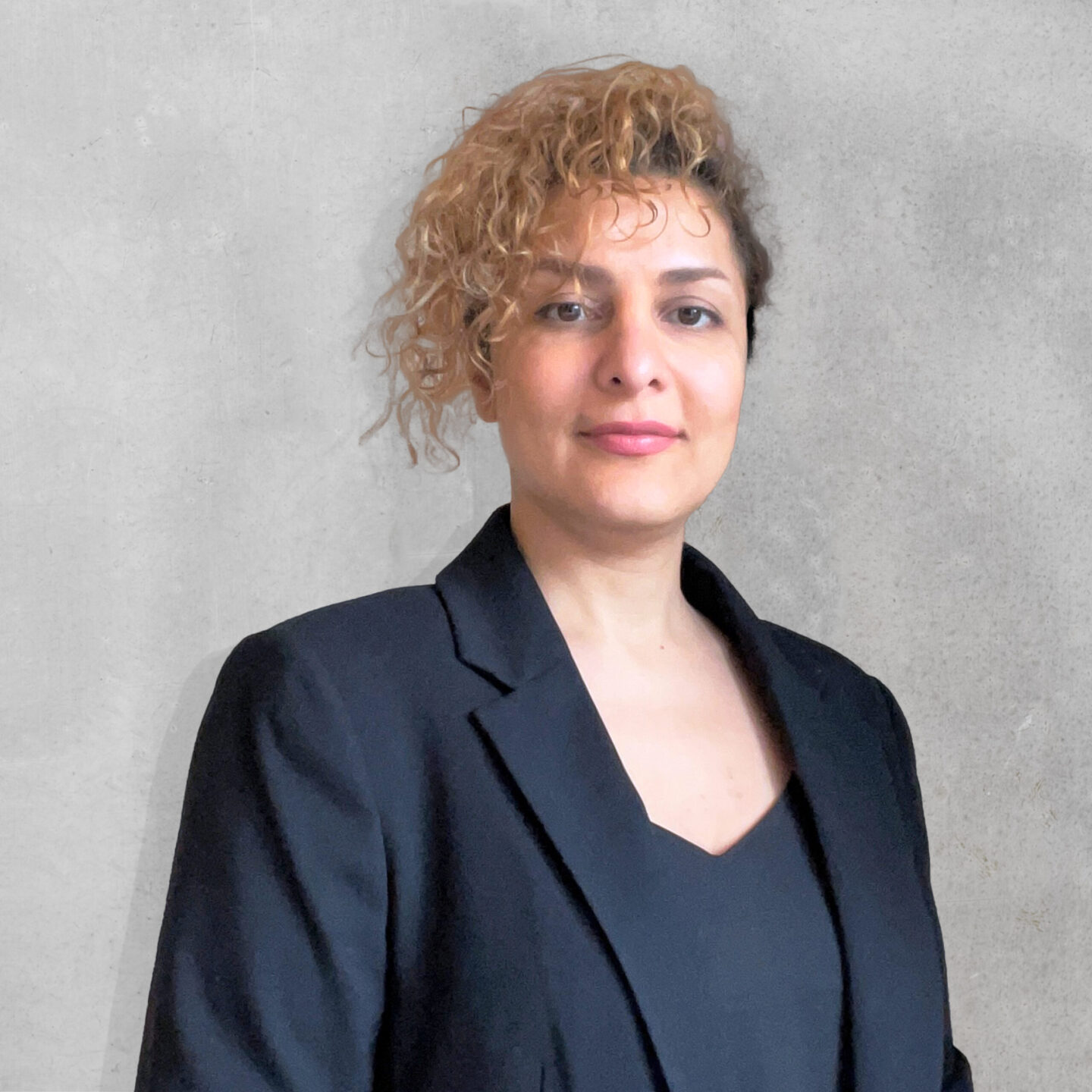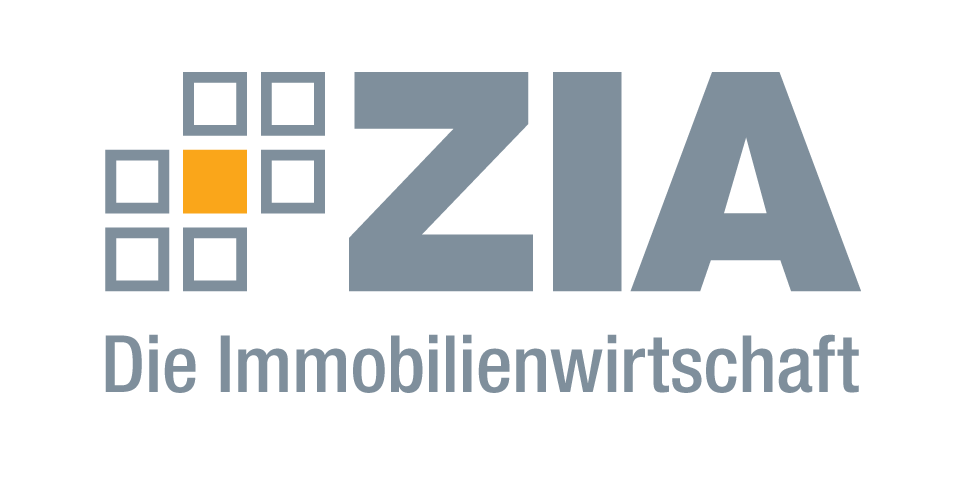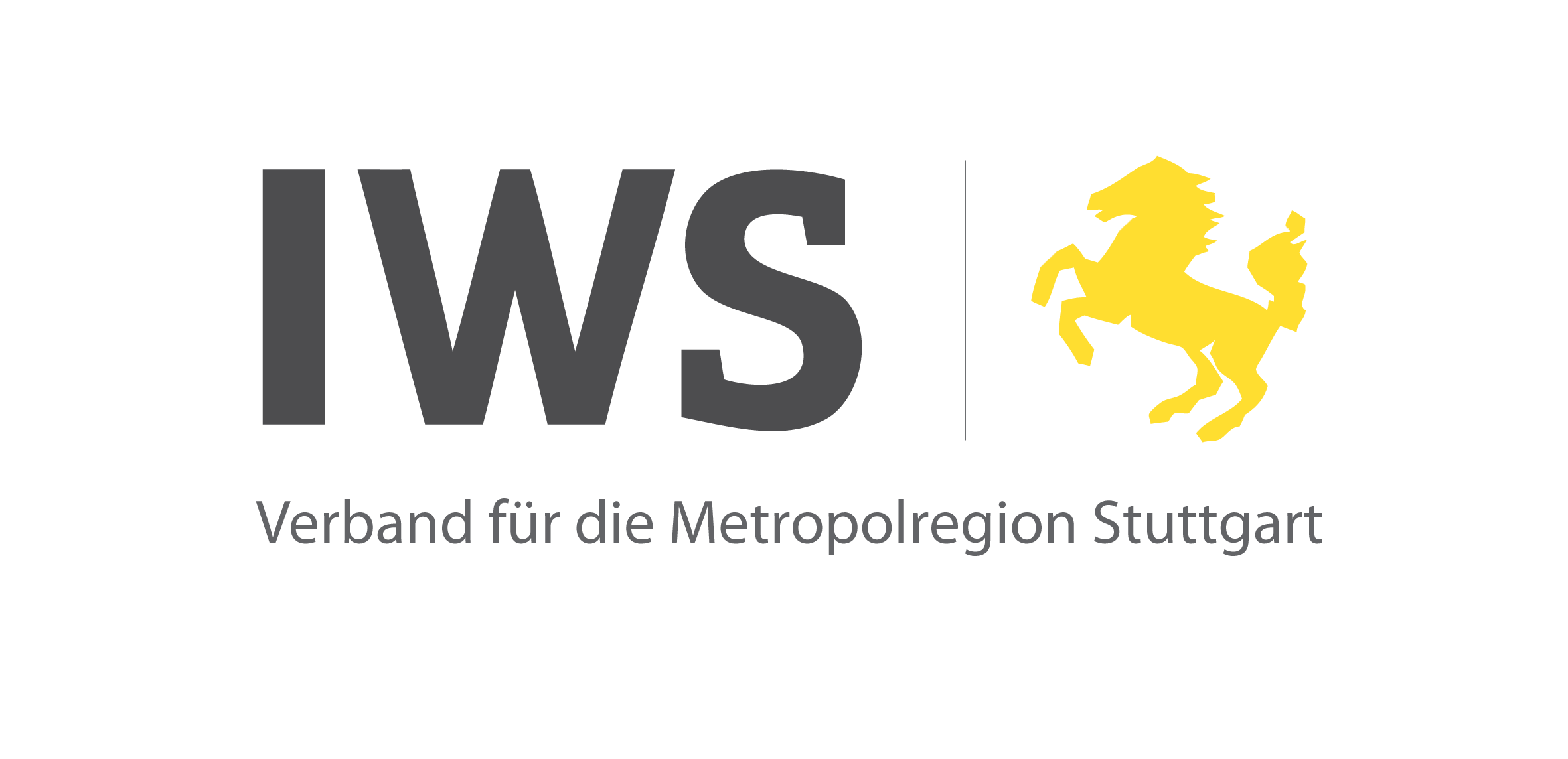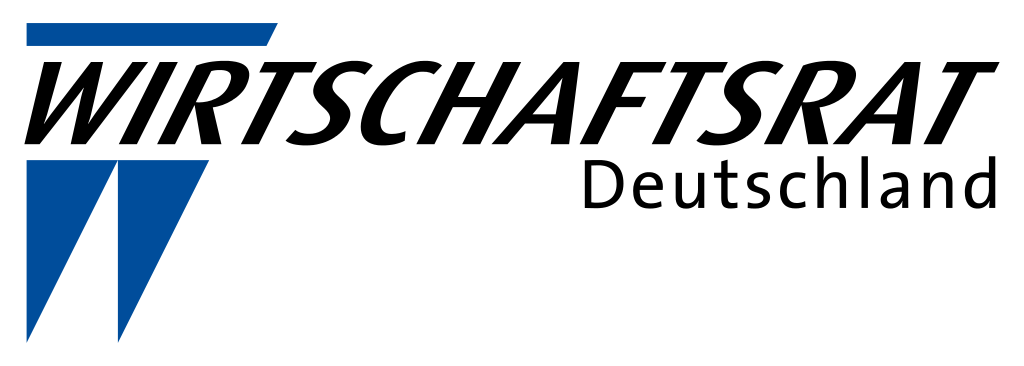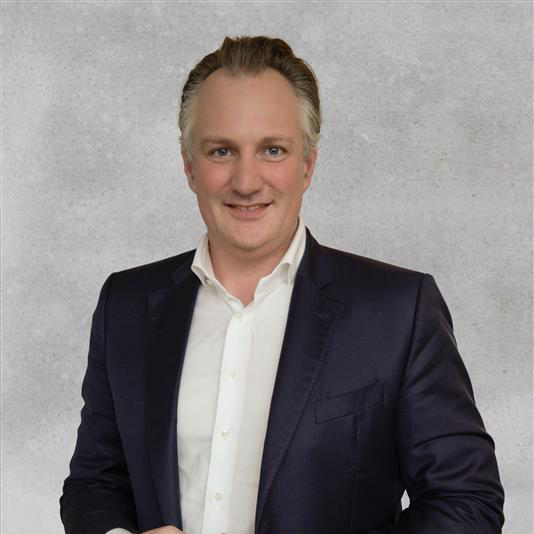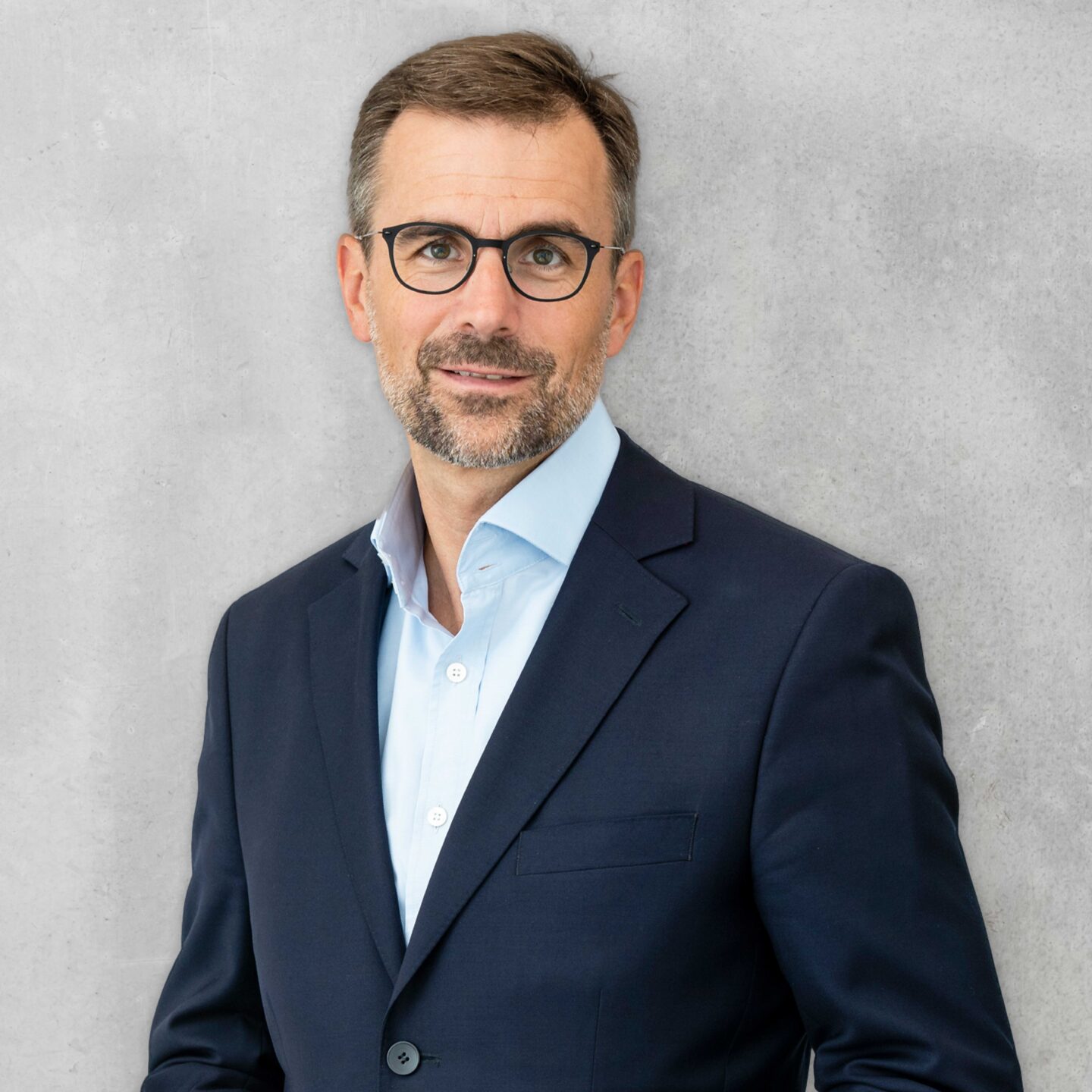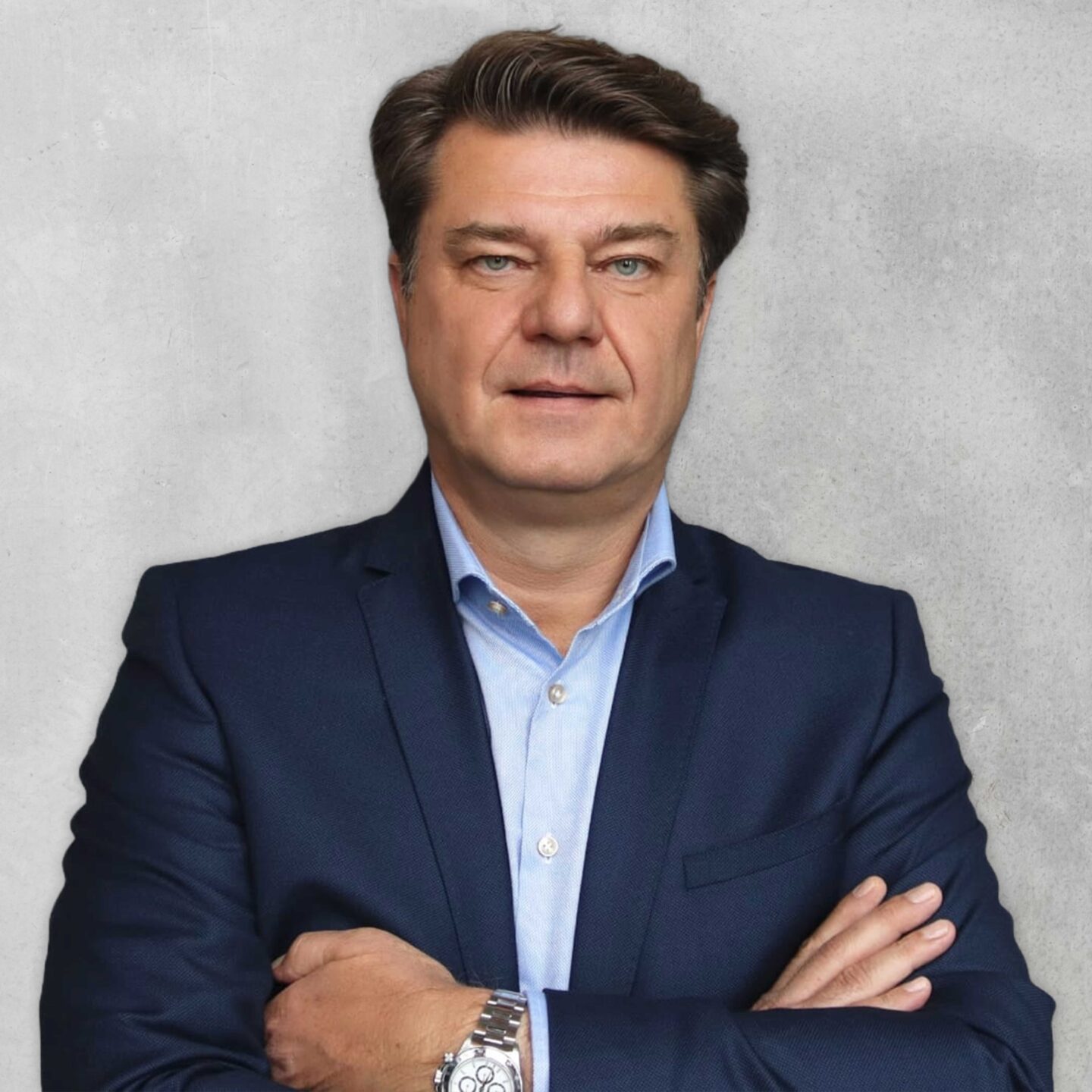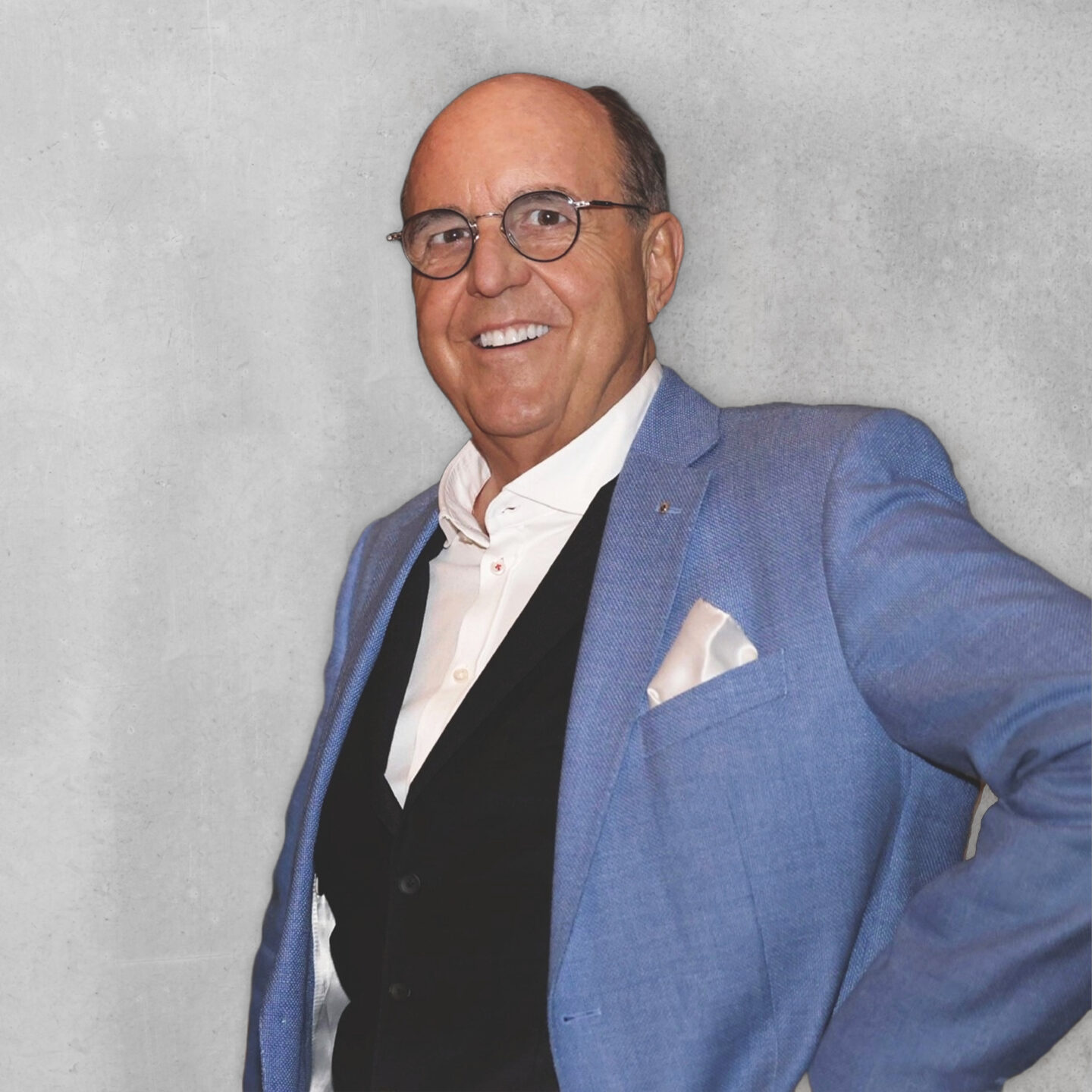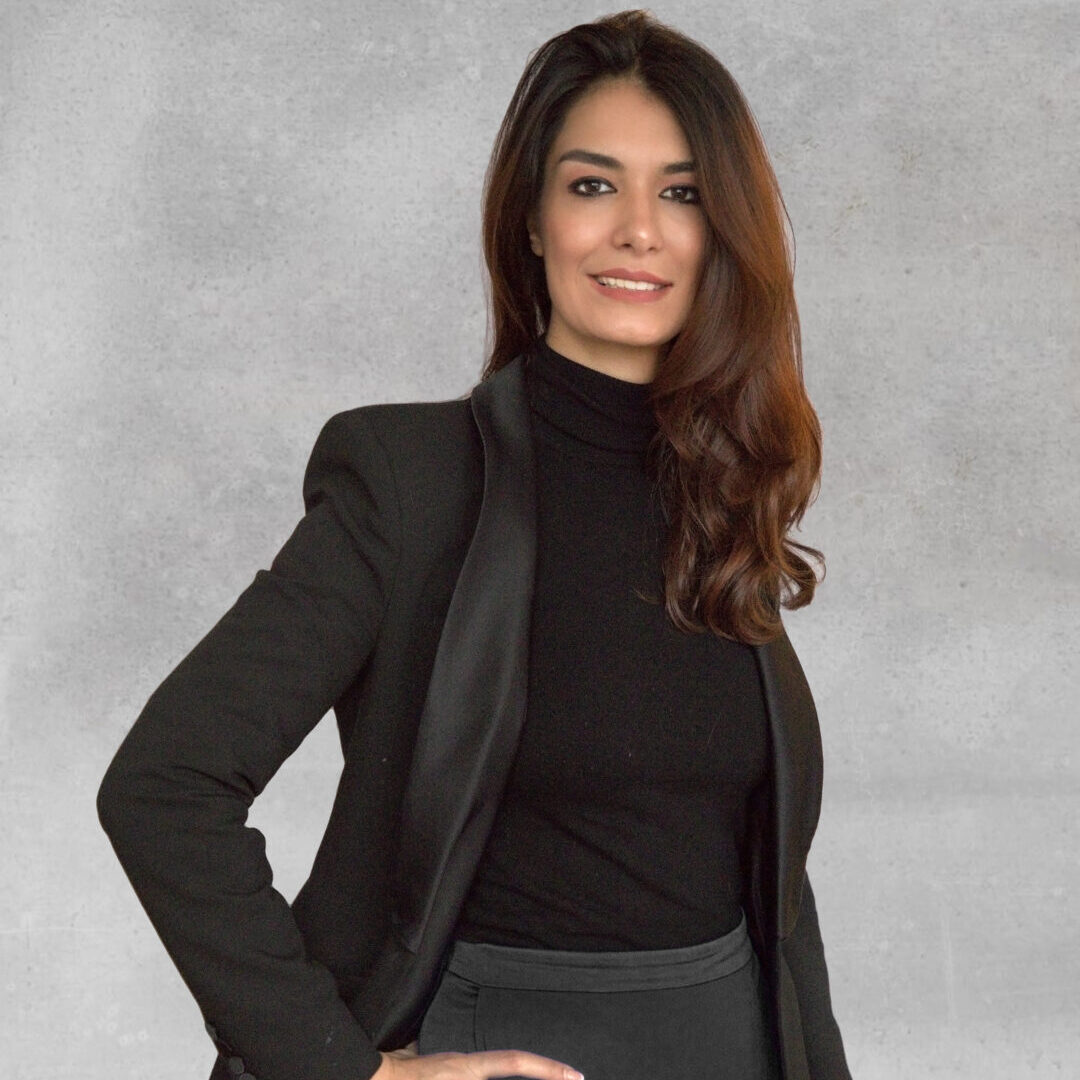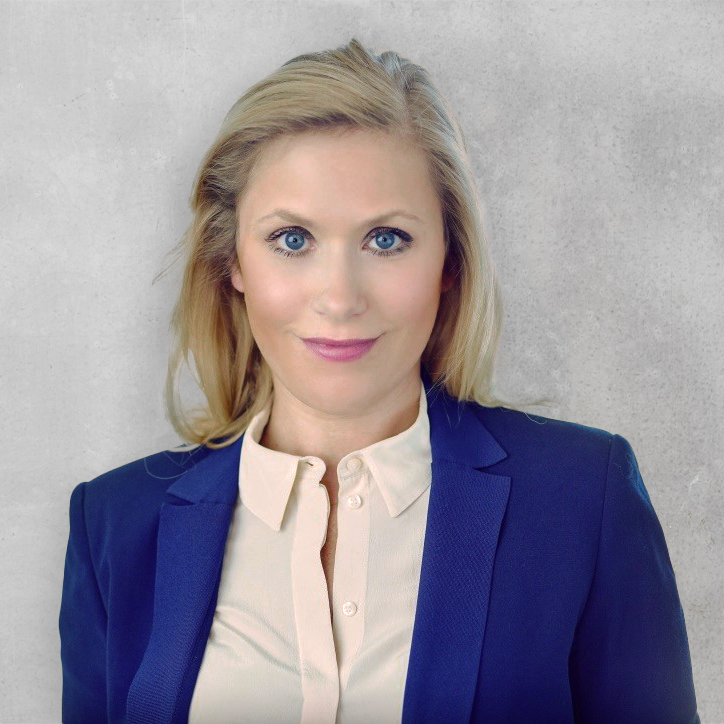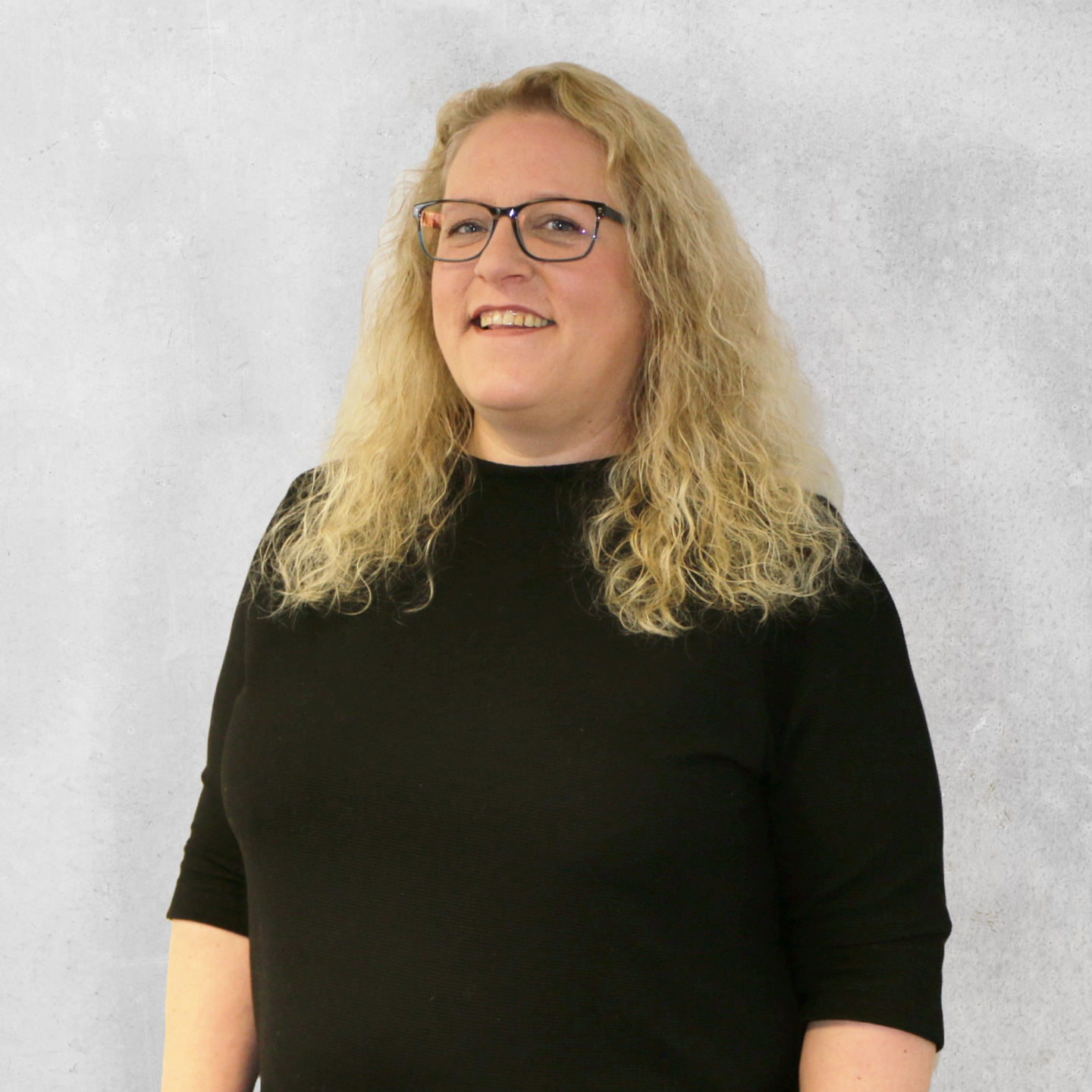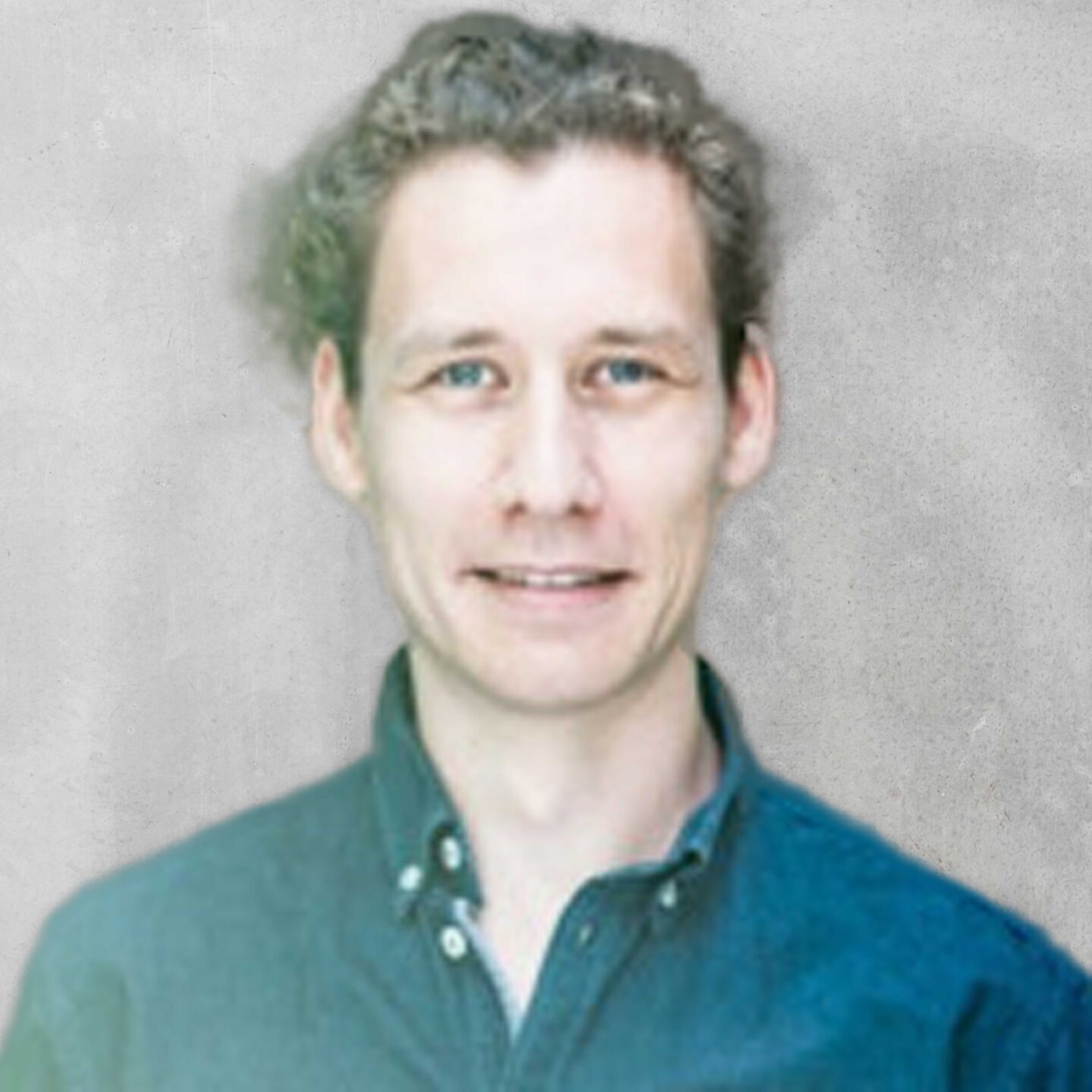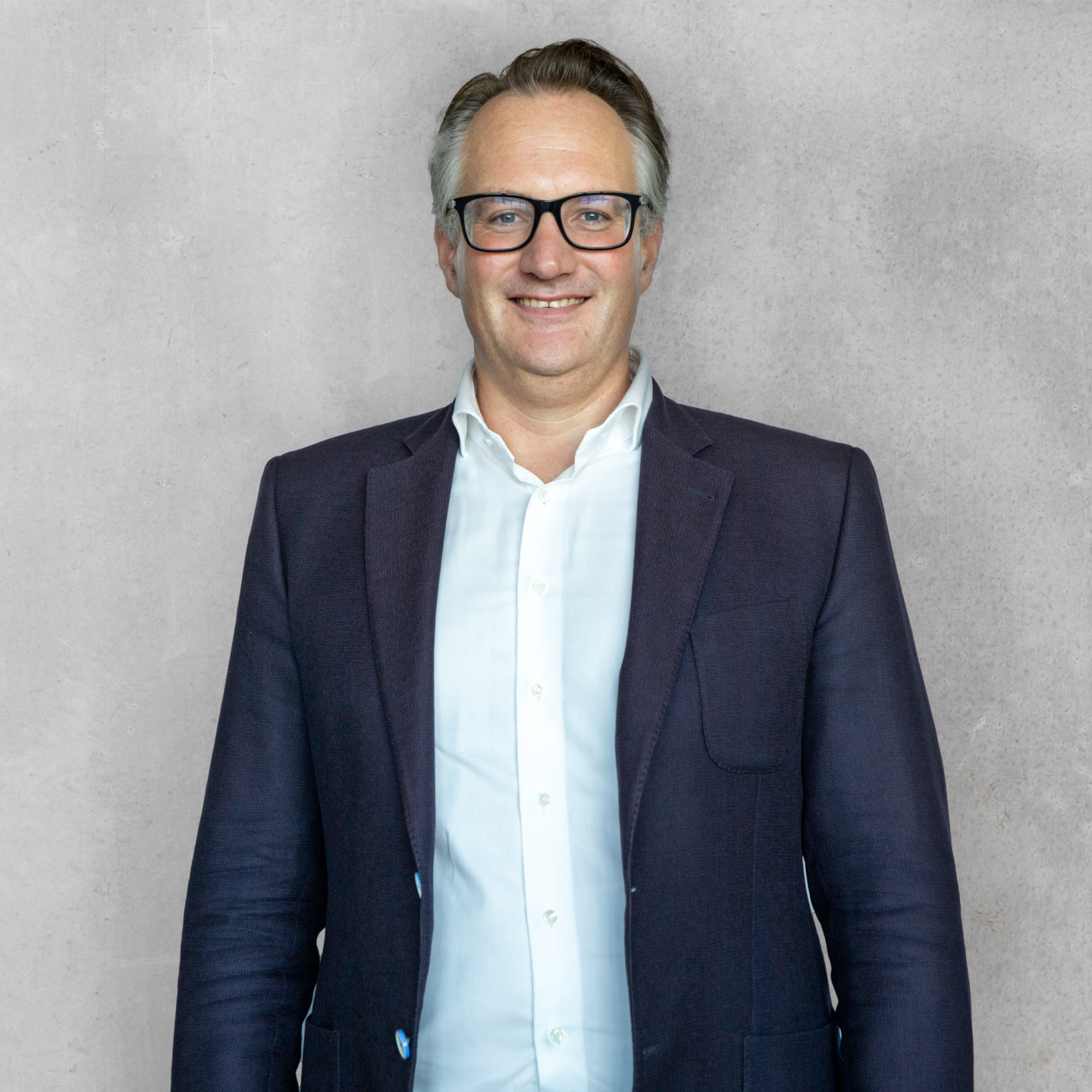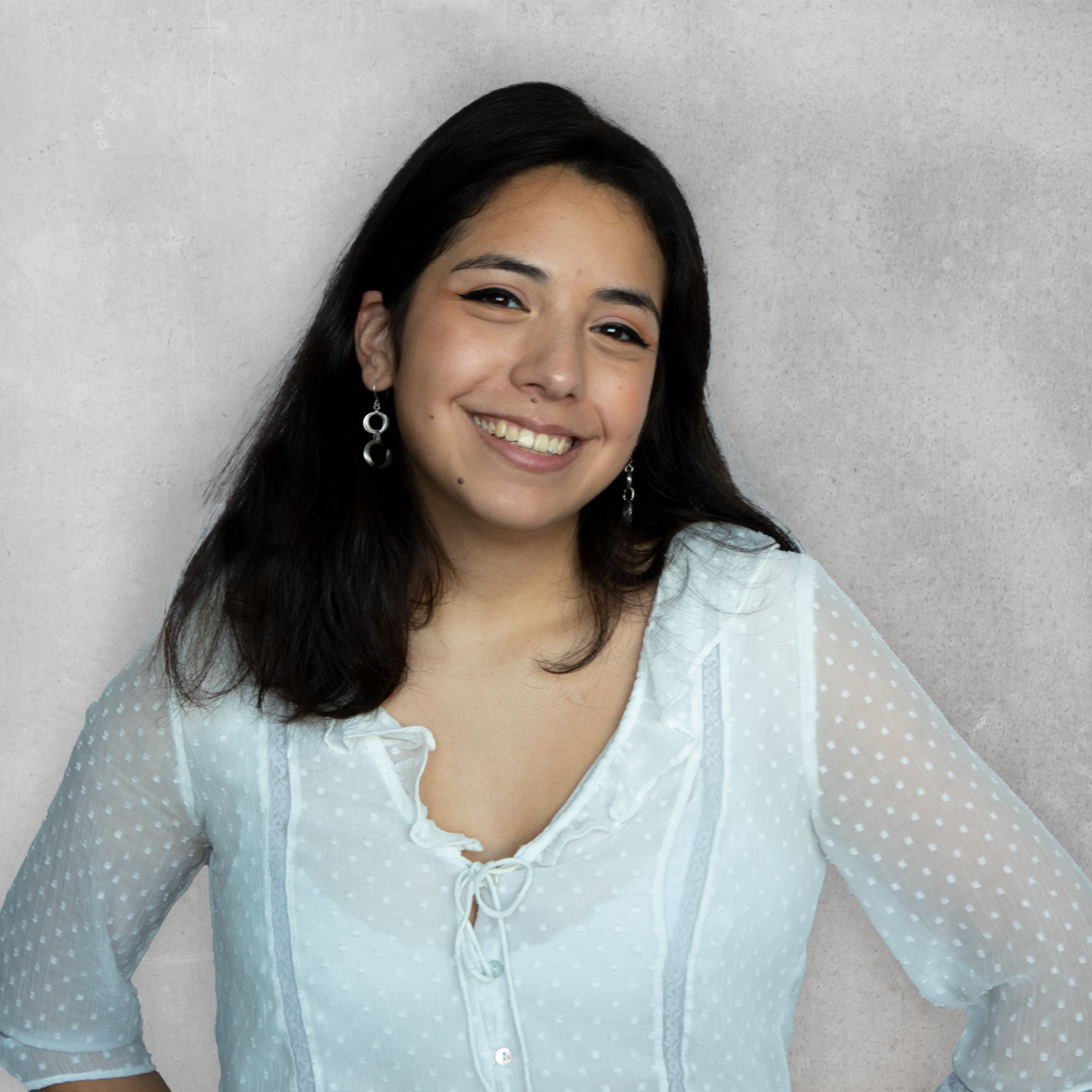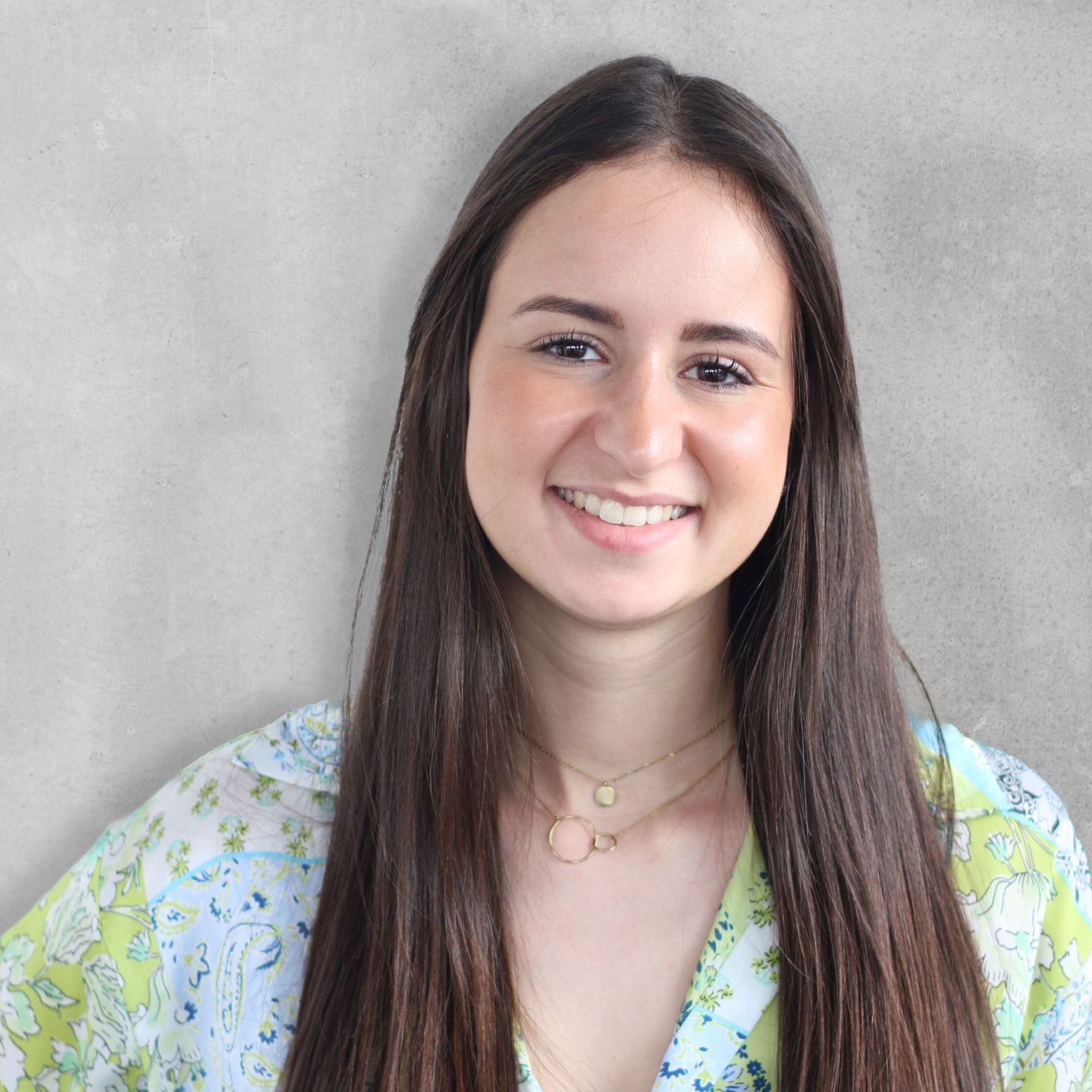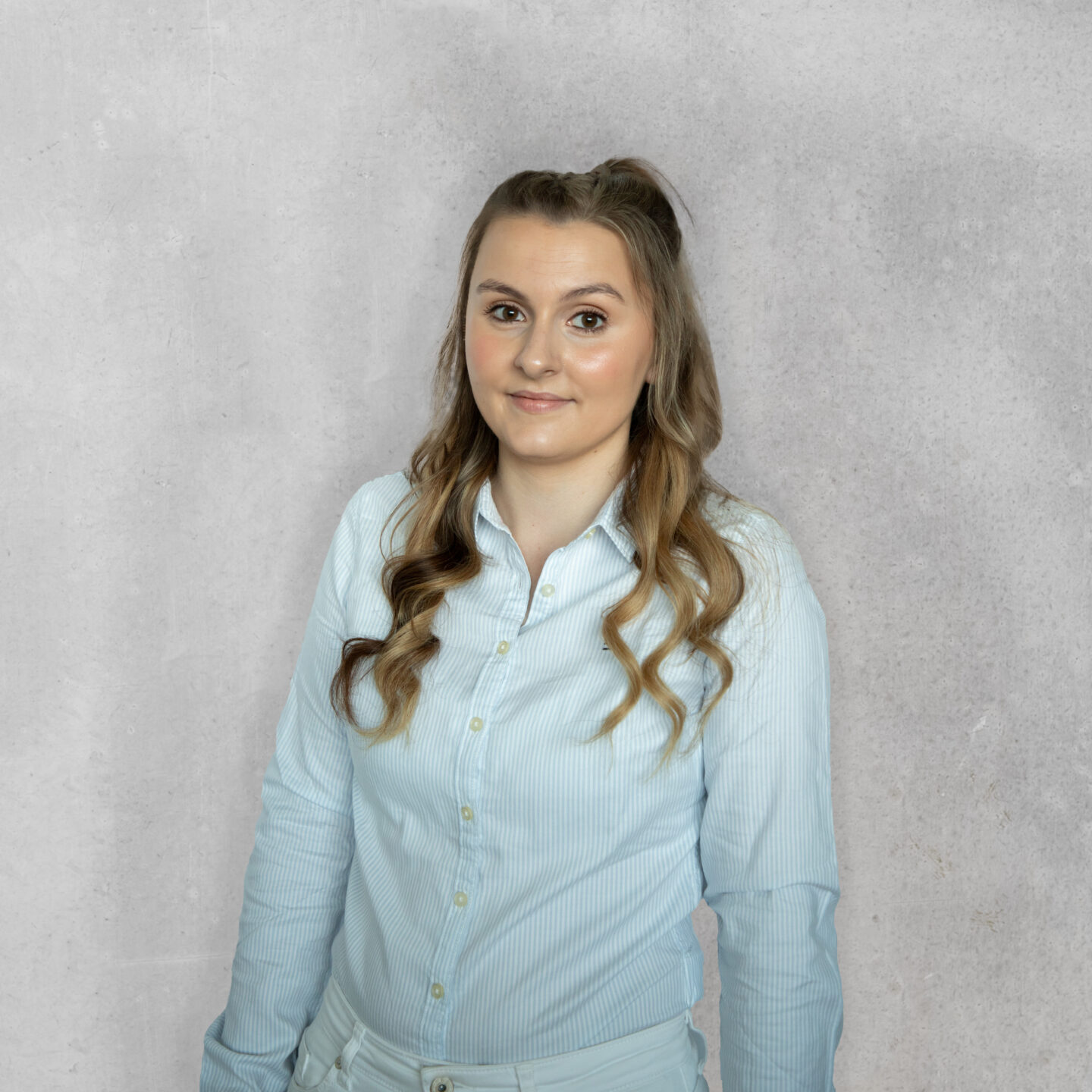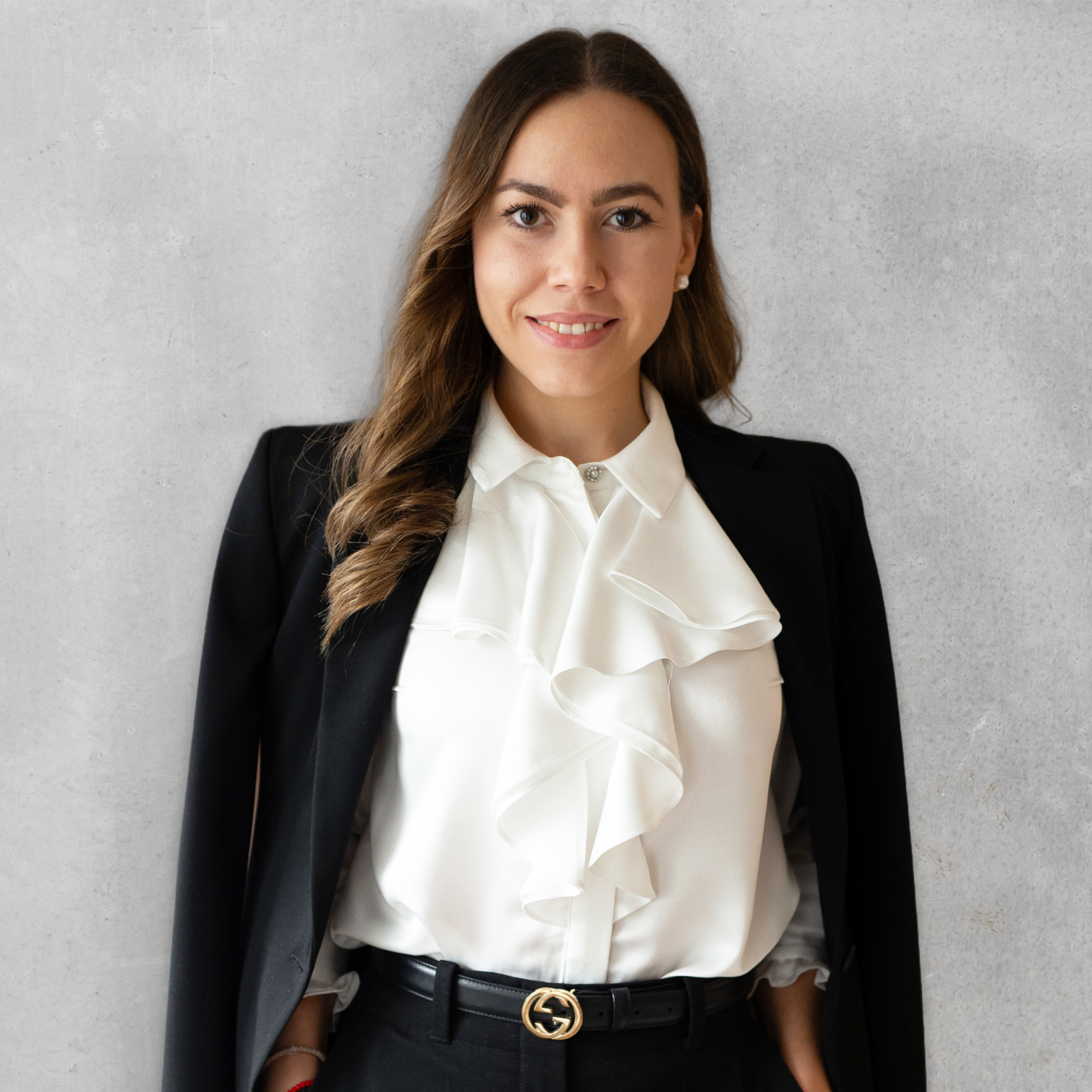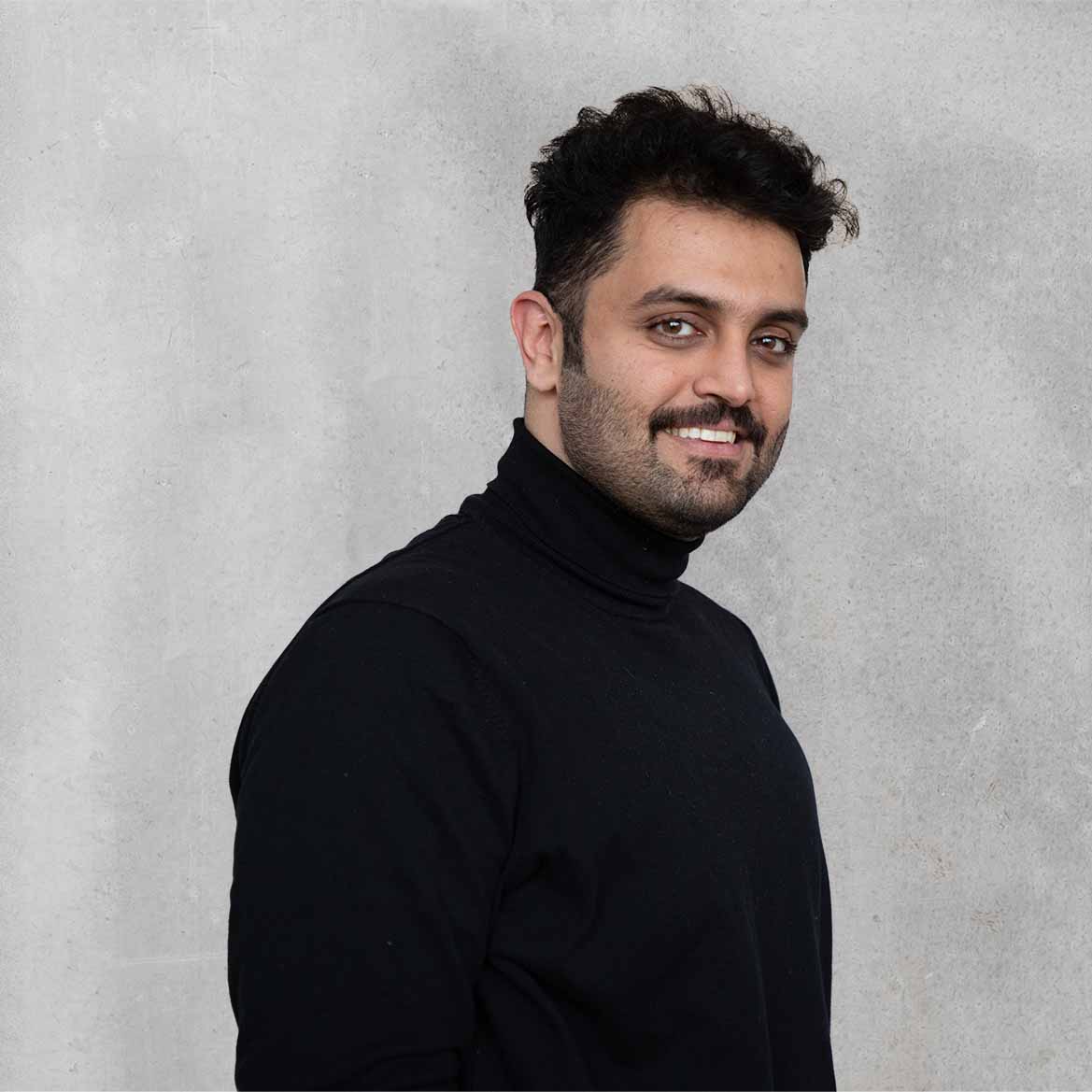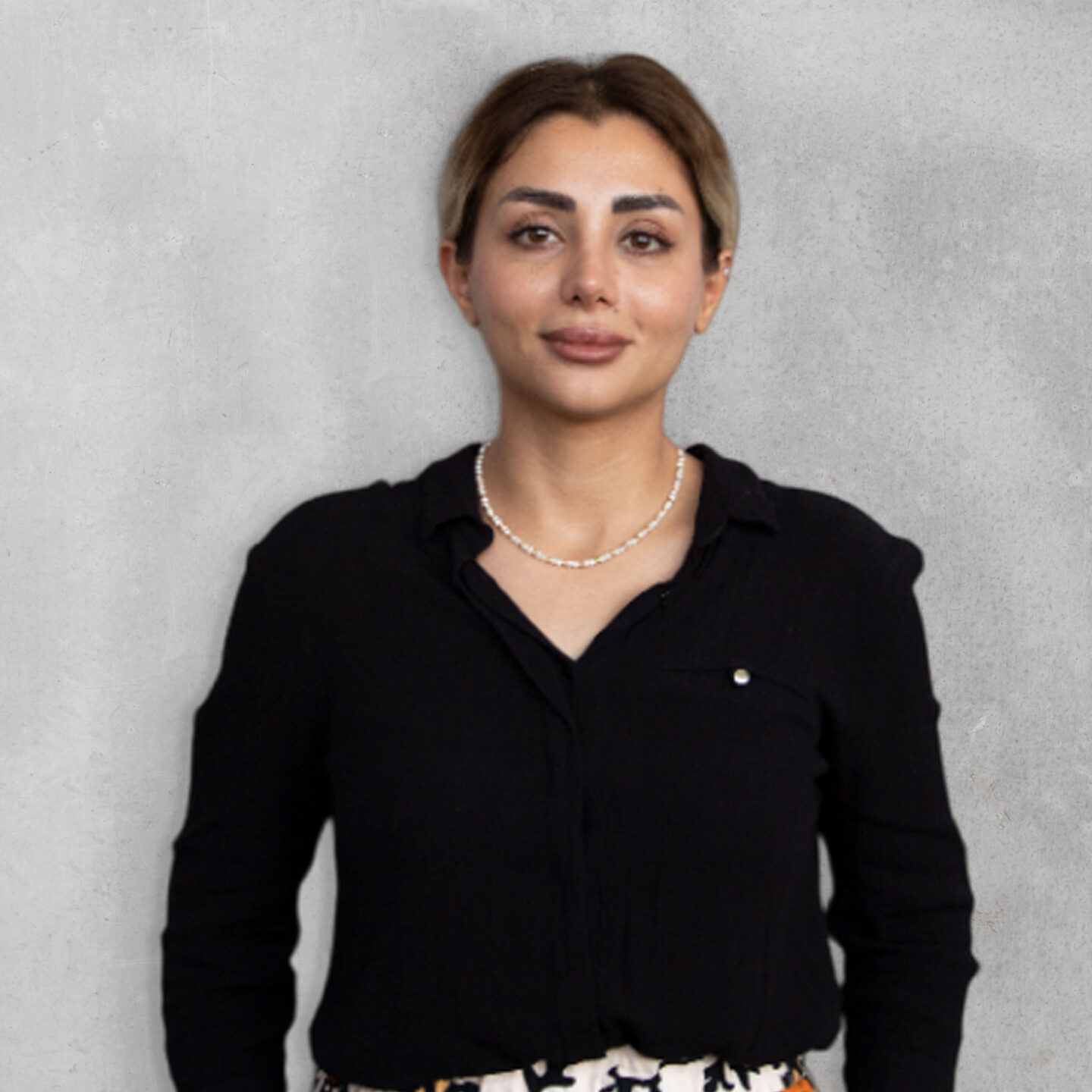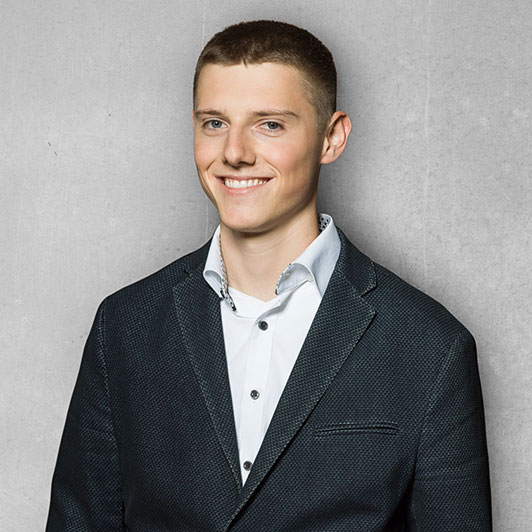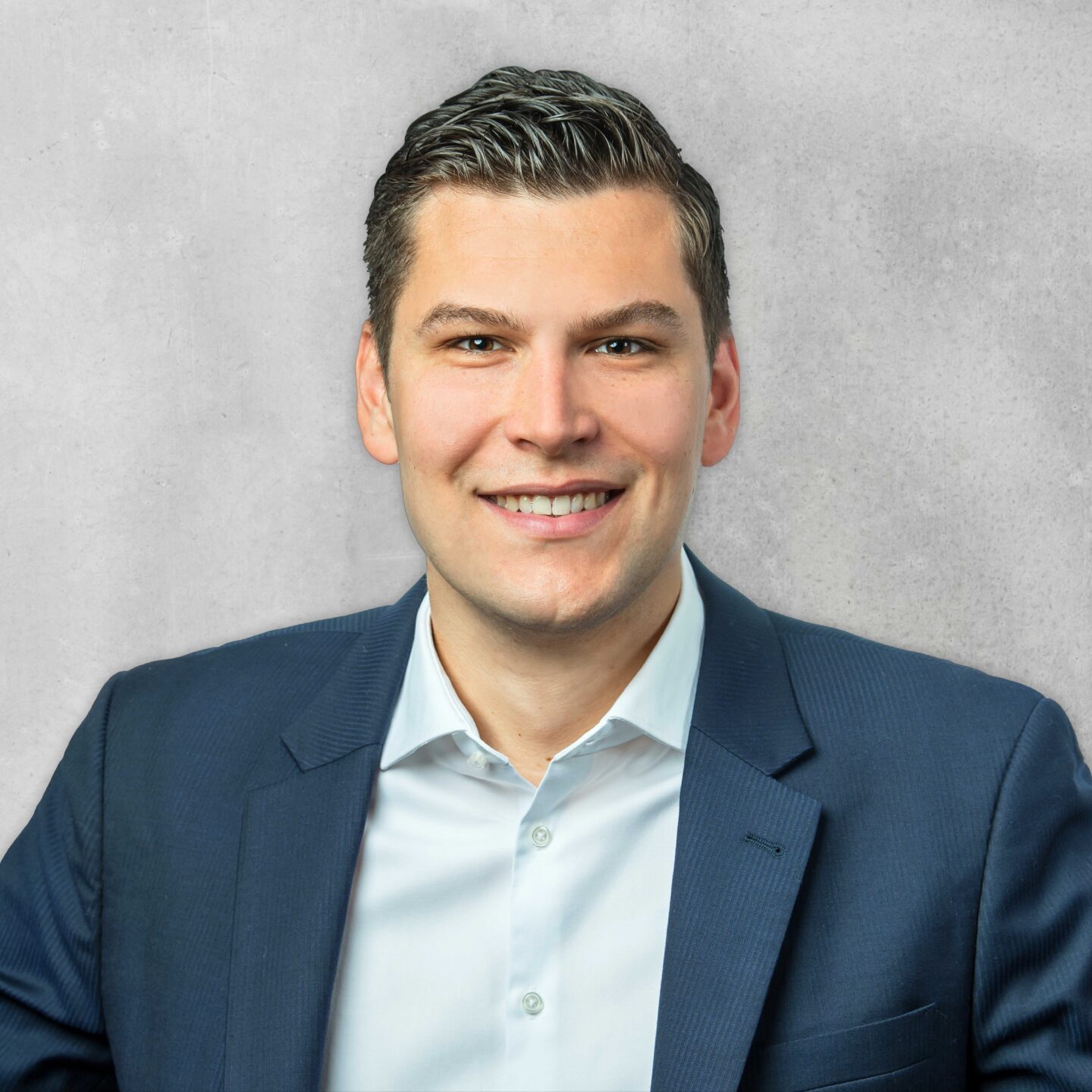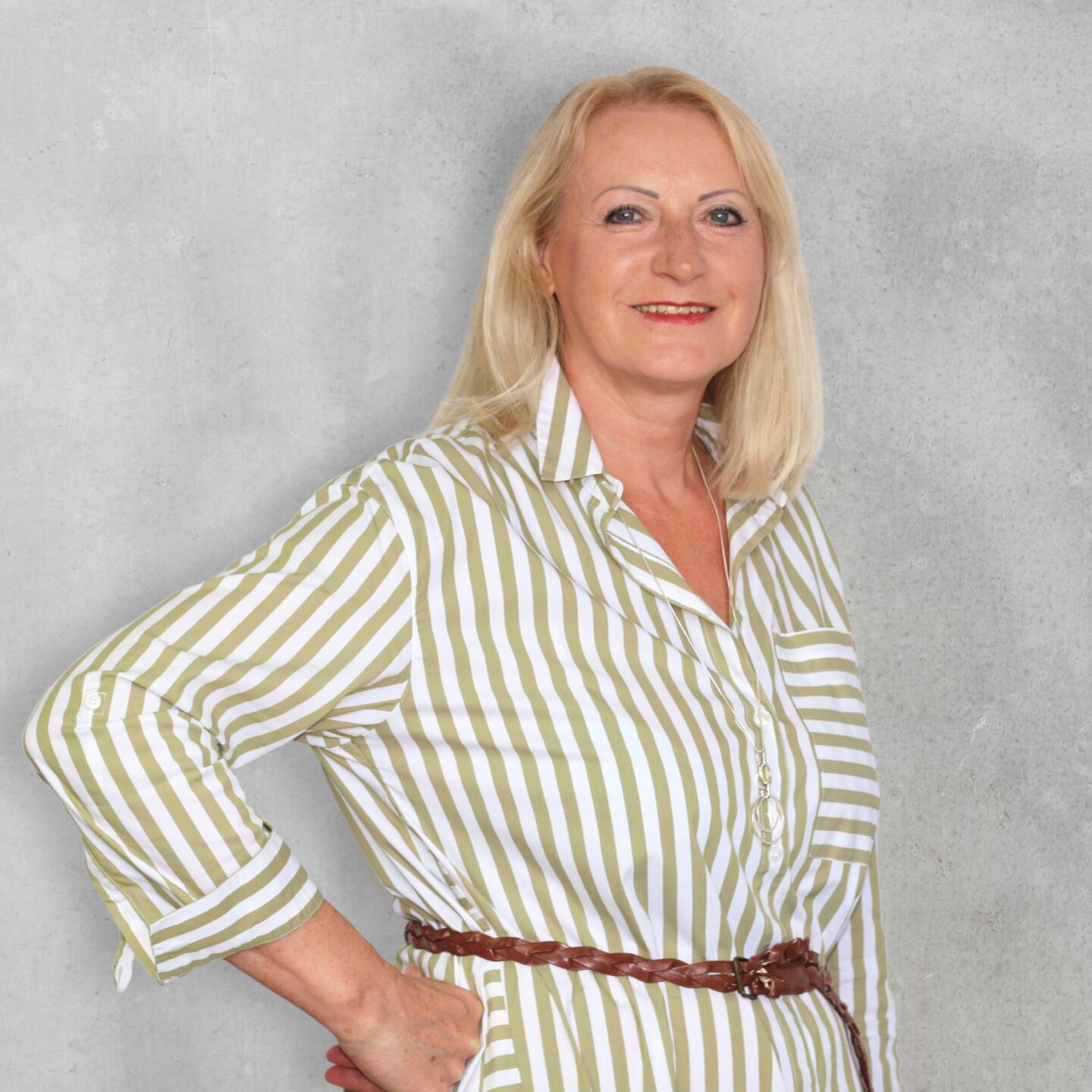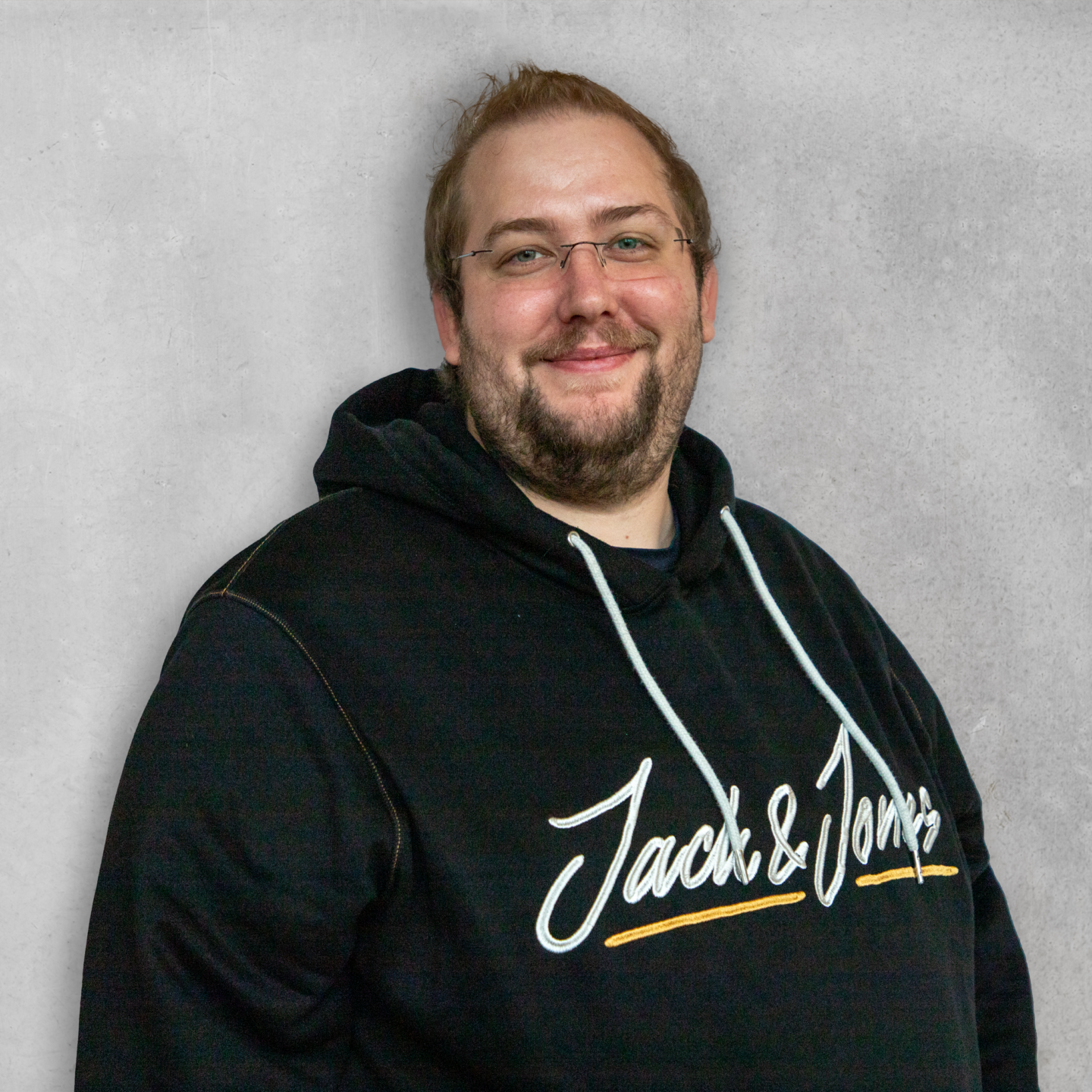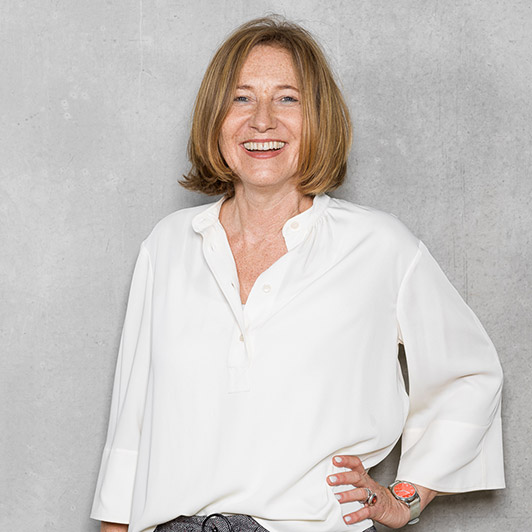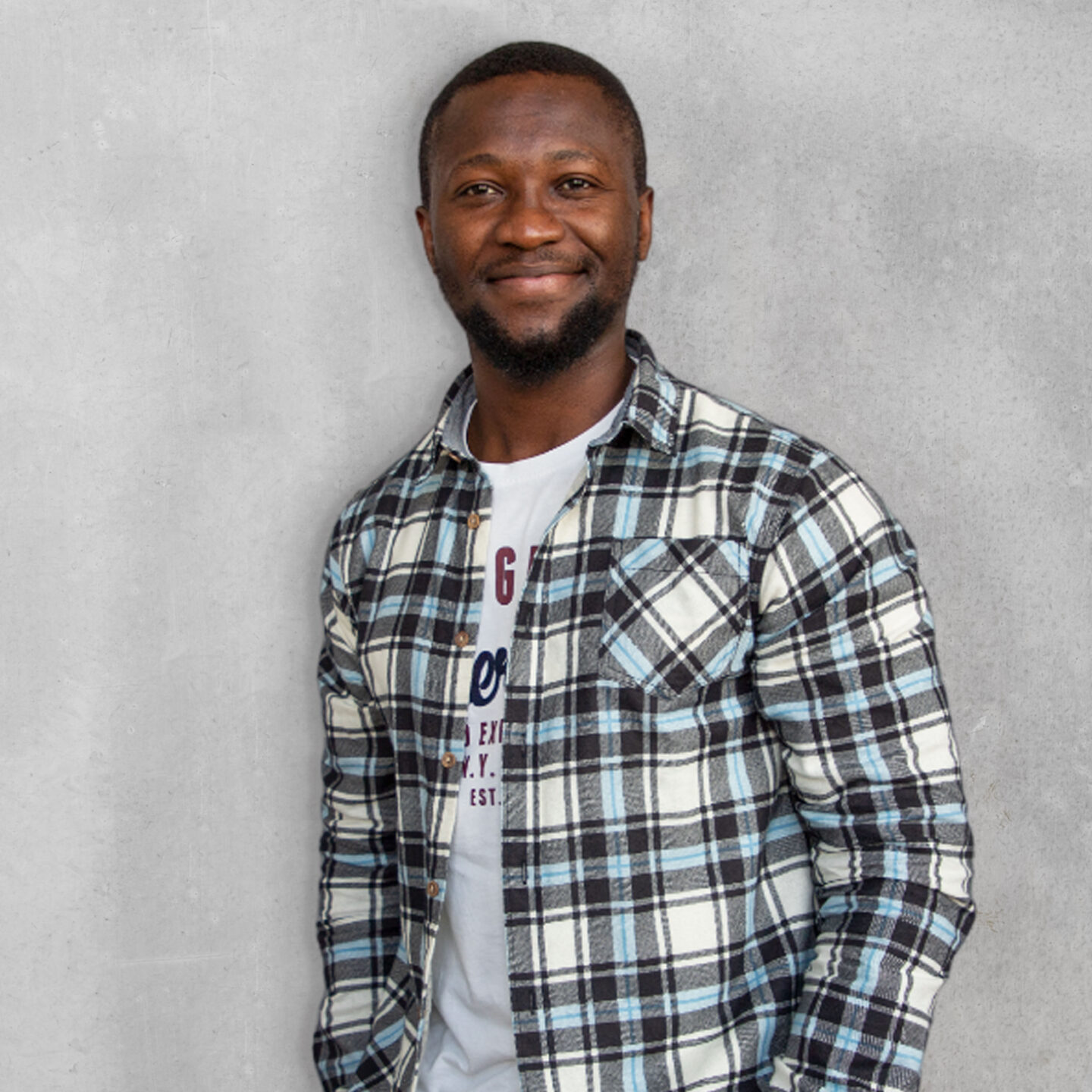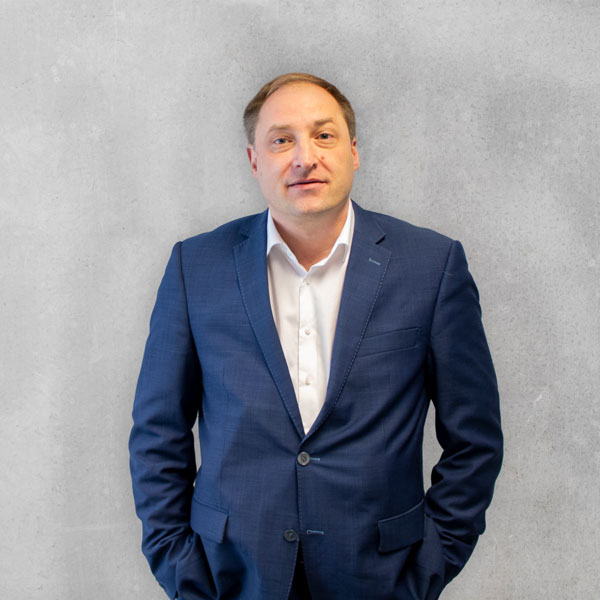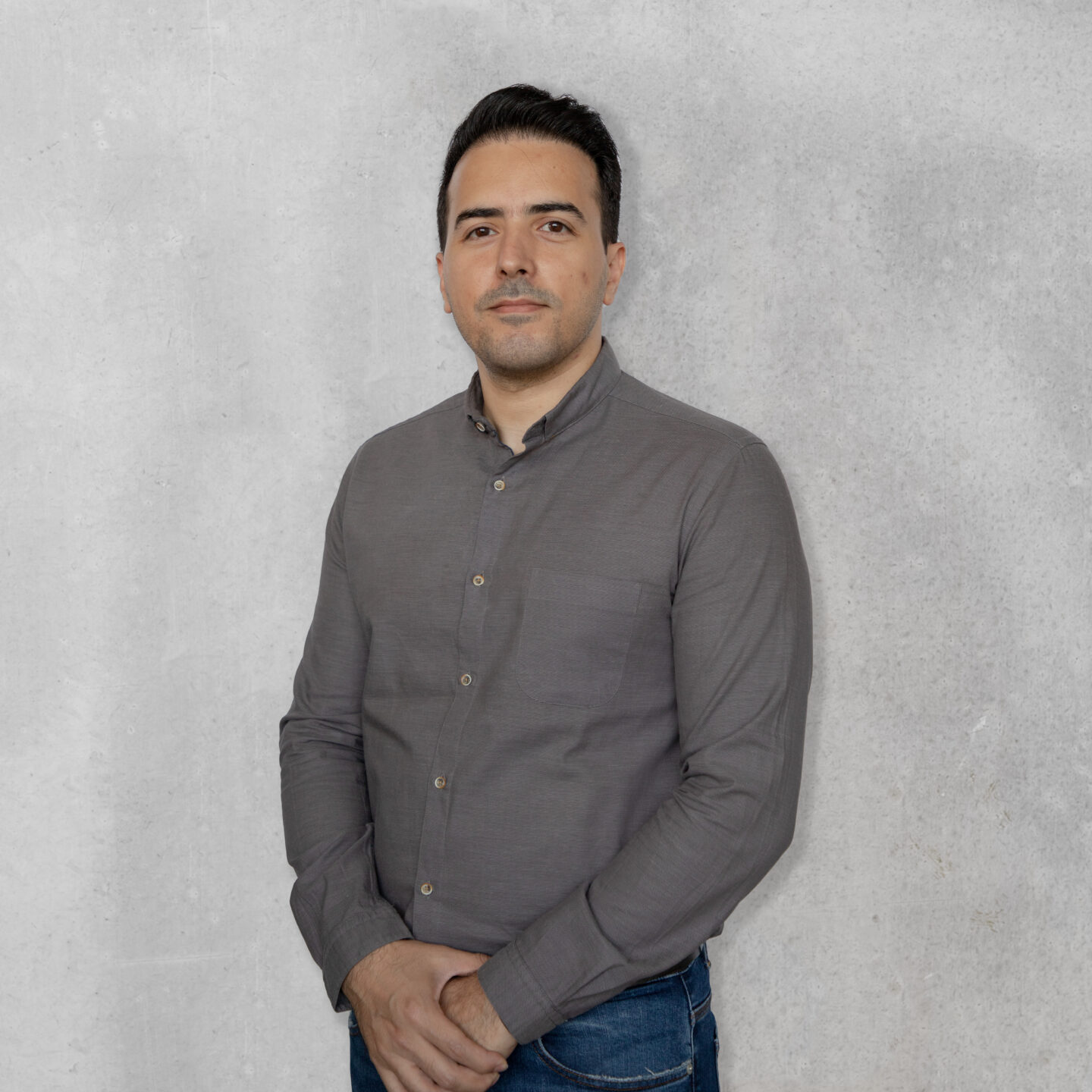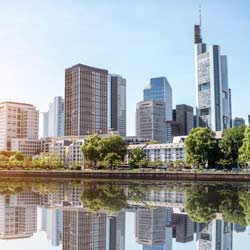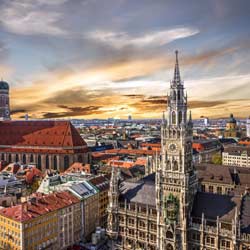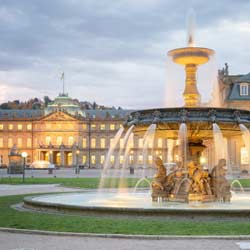Experts
People move topics and technologies.
Move us!
Geschäftsführung
Frank Talmon l'Armée
Real estate economist, CEO and founder of SEMODU AG.
Er ist Mitglied in verschiedenen Immobilienorganisationen und hat ein Verfahren zur Serienproduktion von Gebäudemodulen mitentwickelt. Seit 2016 realisiert die Semodu AG modulare Gebäude mit höchsten Ansprüchen. Nach leitenden Positionen in der Allianz-Gruppe wechselte der Immobilienökonom in die Projektentwicklung und war fast 20 Jahre bei namhaften Projektentwicklern als Vorstand für Entwicklung, Business Development, Finanzen und Organisation tätig.
Simone Talmon l'Armée
Limited Director and Member
of the Supervisory
Board of SEMODU AG.
Simone Talmon l’Armée has been supporting the company in all areas of the company since its foundation in 2016 and is responsible for the organization and administration, as well as for human resources of SEMODU AG.
Jochen Dorner
Head of Business
Development
Bianca Nausedat
Head of Corporate Finance
Mitglieder des
Aufsichtsrats
Dieter Pape
Chartered Accountant, Tax Consultant, Chairman of the Supervisory Board and Partner of SEMODU AG.
Since 1975 he has been active in business management, commercial law and tax consulting for medium-sized companies. He gained special experience in the management of real estate investments and their financing in various legal and financing forms. As a tax consultant and auditor, he is an absolute expert on all financial issues. Dieter Pape is one of the intellectual co-initiators of the foundation of SEMODU AG and is also a regional board member of the European Finance Forum.
Jens Höhl
Member of the Supervisory Board and Partner of SEMODU AG.
Since 1998, Jens Höhl has been a member of the Board of Management of Pape Consulting AG, Munich. In 1994 he took over the management of the trust department for various fund companies at an auditing firm in Munich. In 2003, he took over the role of the Board of Management of today’s URA Research GmbH in Munich, which is run by auditors.
Prof. Dr. Dieter W. Rebitzer
Economist, Consultant, Author, Business Angel and member of the supervisory board of SEMODU AG.
Er lehrt und forscht über die Immobilienökonomie und deren Schnittstellen zu Wohnungspolitik, Stadtentwicklung, Logistik und Infrastruktur, Energie und Umwelt. Seit 2002 ist er Professor für Finanzierung und Investition an der Hochschule für Wirtschaft und Umwelt Nürtingen-Geislingen (HfWU) sowie Studiendekan für Immobilienmanagement.
Dr. Alois Jerges
General practitioner and member of the supervisory board of SEMODU AG.
He has been a companion of the founders for many years and has supported the entire project from the beginning. As a doctor for general and company medicine, he is very familiar with the relevant structures through his consulting work for numerous well-known companies. In addition, he is well connected through his political commitment at city and county level in the field of politics and business.
Simone Talmon l´Armée
Simone Talmon l’Armée ist seit der Gründung der Gesellschaft im Jahre 2016 Direktorin. Sie ist zuständig für die gesamte Organisation und die Verwaltung des Unternehmens.
Sie ist am Standort Süd-Westdeutschland der Firmengruppe ansässig.
Fachbeirat
Roland Egger
Universal construction and real estate expert, as well as partner and Chairman of the Advisory Board of SEMODU AG.
Mr. Egger is CEO of Egger Consult GmbH and has decades of experience in the European and international construction and real estate market with an extensive national and international network of business partners, investors and institutions.
Friedhelm A. Schmitt
Software entrepreneur, technology investor, expert for fast company growth and member of the advisory board of SEMODU AG.
Als Geschäftsführer des Softwareunternehmens Fincite GmbH hat er mehrfach Auszeichnungen für innovative Technologie, überdurchschnittliches Wachstum und hohe Mitarbeiterzufriedenheit gewonnen.
Als Geschäftsführer der Beteiligungsgesellschaften Fincite Ventures und Aphelium Investments hat er erfolgreich mehr als 15 Technologieunternehmen aufgebaut und skaliert.
Götz von Waldeyer-Hartz
Business economist, partner and expert advisory board of SEMODU AG
The graduate in business administration brings with him both entrepreneurial experience as a shareholder-managing director and many years of management experience in technically oriented medium-sized companies as well as in trade associations. In addition to consulting and interim mandates, Mr. von Waldeyer-Hartz also lectures on organizational and personnel development.
Ingo Kronenberg
Business economist, managing director of FOURR GmbH, partner and advisory board of SEMODU AG.
Mr. Kronenberg has more than 20 years of real estate experience. He served as managing director of Dutch Real Estate Investments GmbH for 9 years. He is also a member of the advisory board of SGBS – Alumni (St. Gallen Business School – St. Gallen, CH) and founder and CEO of ImmoSport.
Celin Sommer
Grafik-Designerin, Gründerin und Vorsitzende “One for the Planet” e.V. und Fachbeirat SEMODU AG
Celin Sommer ist selbständige Grafik-Designerin und hat Anfang 2020 mit einigen engagierten jungen Menschen die Initiative one for the planet gegründet, weil sie der Meinung ist, dass Klima- und Umweltschutz alle etwas angeht und jeder ein Teil der Lösung sein kann.
Das SEMODU Team
KARRIERE
Wir suchen Teamplayer, Macher und Weltverbesserer
We see ourselves as an international, interdisciplinary team with a clear mission: we want to create new living spaces with the help of modular concepts that conserve resources. We are always on the lookout for talented people and real team players who want to shape the future of construction together with us. We look forward to receiving your speculative application at: [email protected]
Experts
CEO and Founder Frank is a member of several organisations and has co-developed a method for the serial production of building modules. With SEMODU AG, modular buildings with the highest standards have been realized since 2016. The real estate economist switched to project development after a senior management role in the Allianz Group and spent nearly 20 years with renowned project developers as part of the Executive Board for Development, Business Development, Finance and Organization.
Chief Growth Officer and Authorised Signatory He has been a member of the advisory board of international real estate management for just over 20 years and thus always has his finger on the pulse of the real estate sector. Chief Financial Officer His mission is the digital and sustainable transformation of the real estate industry, his passion is building high performance organisations. With a degree in business administration and a master’s degree in blockchain technologies, he has gained extensive experience in management positions in the international construction/real estate industry (at Bilfinger SE) and the automotive industry (at Porsche AG) in his professional career of more than 20 years, as well as supporting early-stage technology start-ups (especially fintechs) as an independent consultant. Managing Partner SEMODU Austria GmbH He has been in a senior position for predominantly owner-managed companies in the real estate and building materials industry for over 20 years, consistently striving to realize a technically efficient and economically sustainable business model together with the team. During his tenure as Managing Director or Board Member in project development, he has worked with commercial property developers Strauss & Partner Immobilien (PORR AG), NOE Immobilien Development AG, and the non-profit housing association GFW Gemeinnützige GmbH. Chief Development Officer Olaf Janku has 25 years of comprehensive and successful experience in national and international business development. Before founding BUDS International GmbH as Managing Partner, he held operational and strategic leadership roles, including positions at ALBA AG and ThyssenKrupp AG. Chief Sales Officer For more than 25 years, his passion has been devoted to the real estate sector, particularly in project development. Representing a multifamily office, he serves prestigious families from both domestic and international backgrounds, coming from the automotive, textile, and construction industries across various asset classes. Sustainability, eco-friendliness, smart building, digitization, flexible working, coworking, and community-oriented living concepts have been his companions for many years. His extensive networks in business and politics provide valuable support in his daily work.
Simone Talmon l’Armée supports since the foundation of the company in 2016 in all areas of the areas of the company and is responsible for the organization and administration, as well as for the Human Resources of SEMODU AG. She is located at the South-West site of the group of companies. Head of Modular Design Nasim Fahimian already has more than 12 years of professional experience in architecture and has worked in various phases: from the design phase, to planning and realization on site. She also worked for several years in the project and design industry as a manager and is at the same time a lecturer in architecture and construction at a university. She has studied in four different countries, including Iran and the United Kingdom.
Chartered Accountant, Tax Consultant, Chairman of the Supervisory Board and Partner of SEMODU AG. Since 1975 he has been active in business management, commercial law and tax consulting for medium-sized companies. He gained special experience in the management of real estate investments and their financing in various legal and financing forms. As a tax consultant and auditor, he is an absolute expert on all financial issues. Dieter Pape is one of the intellectual co-initiators of the foundation of SEMODU AG and is also a regional board member of the European Finance Forum. Member of the Supervisory Board and Partner of SEMODU AG. Since 1998, Jens Höhl has been a member of the Board of Management of Pape Consulting AG, Munich. In 1994 he took over the management of the trust department for various fund companies at an auditing firm in Munich. In 2003, he took over the role of the Board of Management of today’s URA Research GmbH in Munich, which is run by auditors. Economist, Consultant, Author, Business Angel and member of the supervisory board of SEMODU AG. He teaches real estate economics and its interfaces with housing policy, urban development, logistics and infrastructure, energy and the environment. Since 2002 he has been Professor of Finance and Investment at the Nürtingen-Geislingen University of Economics and the Environment (HfWU) and Dean of Studies for Real Estate Management. General practitioner and member of the supervisory board of SEMODU AG. He has been a companion of the founders for many years and has supported the entire project from the beginning. As a doctor for general medicine, he is very familiar with the relevant structures through his consulting work for numerous well-known companies. In addition, he is well connected through his political commitment at city and county level in the field of politics and business.
Simone Talmon l’Armée supports since the foundation of the company in 2016 in all areas of the areas of the company and is responsible for the organization and administration, as well as for the Human Resources of SEMODU AG. She is located at the South-West site of the group of companies.
Business economist, partner and expert advisory board of SEMODU AG The graduate in business administration brings with him both entrepreneurial experience as a shareholder-managing director and many years of management experience in technically oriented medium-sized companies as well as in trade associations. In addition to consulting and interim mandates, Mr. von Waldeyer-Hartz also lectures on organizational and personnel development. Business economist, managing director of FOURR GmbH, partner and advisory board of SEMODU AG. Mr. Kronenberg has more than 20 years of real estate experience. He served as managing director of Dutch Real Estate Investments GmbH for 9 years. He is also a member of the advisory board of SGBS – Alumni (St. Gallen Business School – St. Gallen, CH) and founder and CEO of ImmoSport. Graphic Designer, founder and director of One for the Planet and member of the advisory board of SEMODU AG. Celin Sommer is a freelance graphic designer and founded the one for the planet initiative in early 2020 with some committed young people because she believes that climate and environmental protection concerns everyone and everyone can be part of the solution. Communication Manager With her consulting boutique GLOWING MIND and tailor-made value and attitude communication, Yvonne Hoberg has been helping companies to sustainably resonate with their stakeholders and create positive social impact since the beginning of 2021. Previously, she was a media spokesperson for 19 years and responsible for the corporate communications of market-leading international real estate investors, fund houses and asset managers. With coaching at the intersection of corporate culture, leadership and transformation, the long-standing consciousness trainer and yoga teacher also navigates her clients safely through growth, change and transformation.People move topics and technologies.
Move us!
Chief Executive Officer
Frank Talmon l'Armée
Managing Directors
(subsidiaries and participations)
Jochen Dorner
During his professional career and development, Jochen has always remained true to the real estate industry. In the past, he has been part of well-known companies and was able to build on his strengths in project development and business development. Most recently, he spent around 8 years at Aareal Bank Group as Head of Business Development, Consulting and Marketing, as well as for the sale of real estate and M&A of companies.
Since summer 2020, he has been driving the sustainable development of the real estate sector together with the board and management of SEMODU AG.Fabian Graue
Christoph Schäffer
Olaf Janku
Hon.-Prof. Dr. Ronald Münzer
Management
Simone Talmon l'Armée
Nasim Fahimian
Members of the Supervisory Board
Dieter Pape
Jens Höhl
Prof. Dr. Dieter W. Rebitzer
Dr. Alois Jerges
Simone Talmon l'Armée
Advisory Board
Götz von Waldeyer-Hartz
Ingo Kronenberg
Celin Sommer
Yvonne Hoberg
Team
CAREER
We are looking for team players, creators and world-improvers
We see ourselves as an international, interdisciplinary team with a clear mission: we want to create new living spaces with the help of modular concepts that conserve resources. We are always on the lookout for talented people and real team players who want to shape the future of construction together with us. We look forward to receiving your application at: [email protected]
Modular construction creates living space in Premium quality
Population density will increase, resources will decrease: Modular real estate concepts can make a small contribution to meeting this challenge. We have been dealing with the consequences of climate change and our limited resources for many years. Therefore, we have decided to develop real estate concepts that are both as climate-neutral as possibleand as resource-efficient. At the same time, we also focus on social considerations. What we are considering should be usable worldwide as regards real estate development and energy supply. ~ 8.000.000.000 Today more than 8,000,000,000 people live on earth, 3,500,000,000 of them in cities.In 2050 there will be 10,000,000,000 people, 7,000,000,000 of whom will then be living in cities. That means that in less than 35 years we will have to build the world we live in today all over again. And we will have to do so with the resources that we have,so that future generations will also have a future worth living in. We want to become the leading provider of flexible, high-quality housing worldwide. We achieve this with sustainable modules that are cost effective and climate-neutral. The building of the future: We need to find suitable solutions for the buildings of the future in the area of conflict between, on the one hand, climate protection and resource conservation and, on the other, the great demand for housing. This drives us to implement the best concepts and at the same time to use the most modern technology in buildings and in their production. Our customers should not have to do without any comforts and at the same time they should feel good that they have done something for the future of our planet. Short construction time for affordable living: Our buildings can be constructed in the shortest possible time and yet still achieve the highest quality standards. When designing our product lines, we pay close attention to their later use. Comfortable optional extras can be ordered from us ex-works. Or, especially in the case of technical details, these can also be reordered later via software update or used temporarily. Project development 2.0. Worldwide solutions for modular construction: With these considerations regarding modular construction and a hybrid construction method, we want to contribute to tackling the immense questions that arise from global growth. And we use all our energy to make a pioneering contribution to their solution.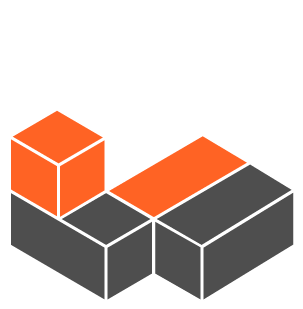
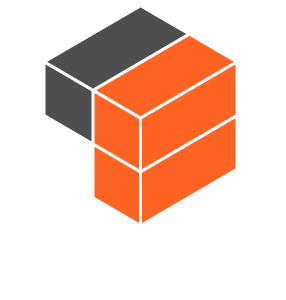
Vision
and ValuesVision and Values
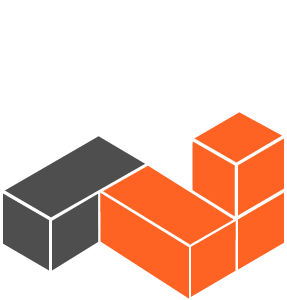
We create resource-conserving habitats and properties that adapt to the needs of people.Our beliefs and values
What we stand for
Mission and Goals

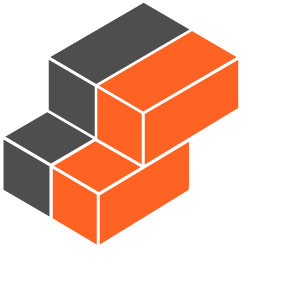
Mission and Goals
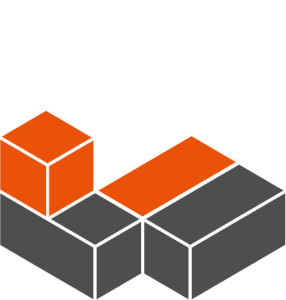
Modular construction combined with state-of-the-art technology
CEO Talmon L’Armée on the challenges of the property industry
“It takes a giant real estate group to start the electric revolution”
— Frank Talmon l’Armée, CEO SEMODU AG
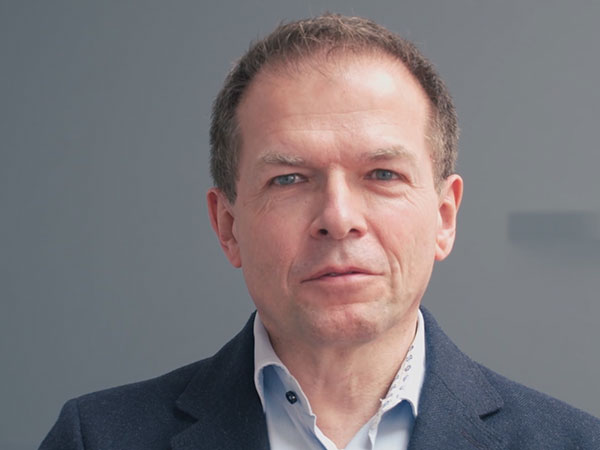
“Digitization is becoming a Game-Changer when it comes to future-oriented living. “
— Frank Talmon l’Armée, CEO SEMODU AG
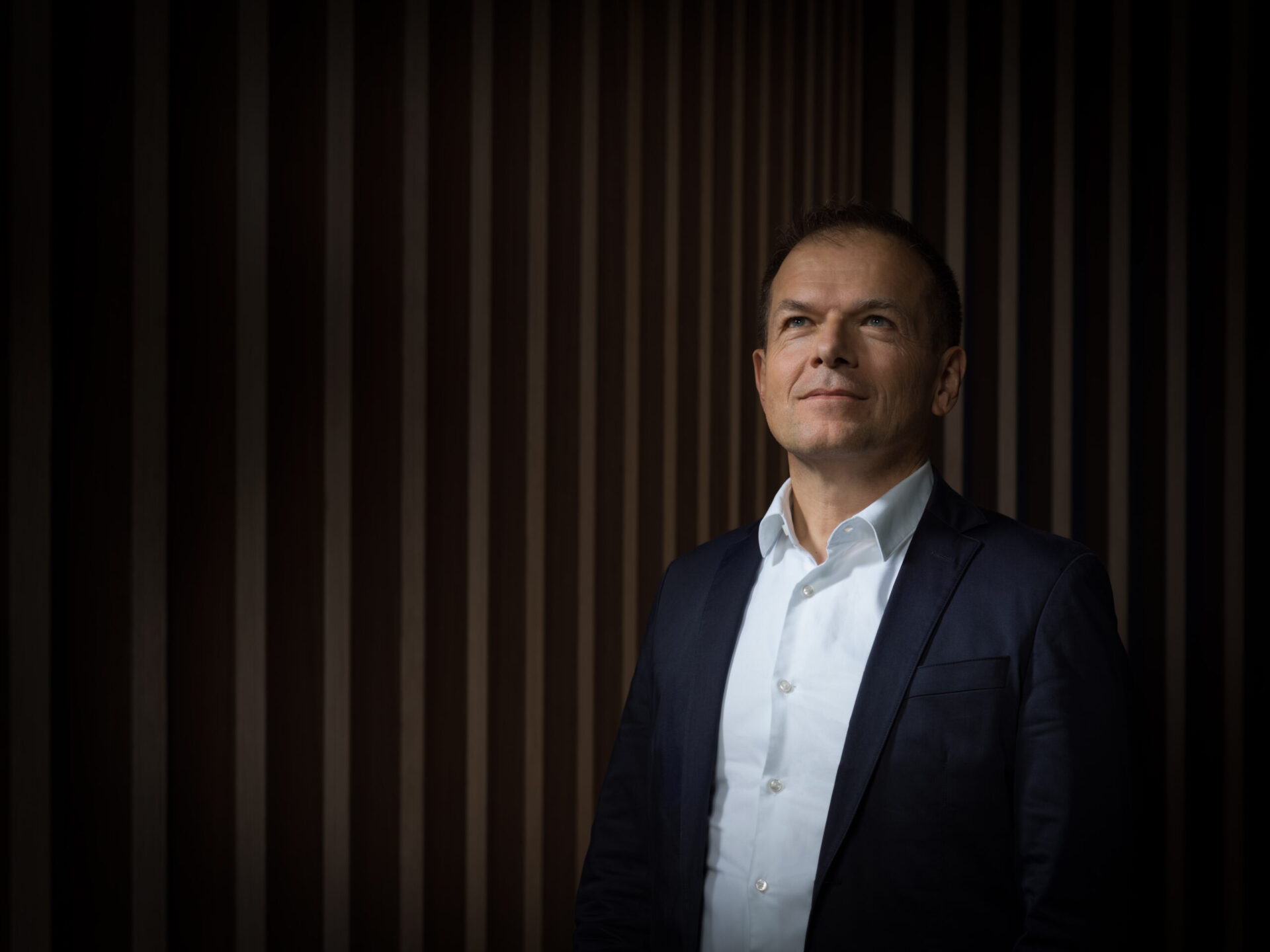
“Today there are already more than 7,000,000,000 people living on this earth . . .
. . . of which 3. 5 billion are in the cities. By 2050, there will be 10 billion people, of which 7 billion will live in cities. This means that in less than 35 years we will have to rebuild the world we live in today. And mange this with the resources we have, so that future generations will also have a future worth living in.”
Günther Oettinger – EU-Kommissar

“Sorting garbage won’t be enough. . .
. . . deeds must address several areas, such as energy generation, mobility and nutrition. ”
Eckart von Hirschhausen

“Today we use 100 million barrels of oil every day. …
. . . There is no effort to change that. There are no rules to keep the oil in the ground. We cannot save the world by abiding the rules of the game. The rules have to change, everything has to change, and that is today.”
Greta Thunberg
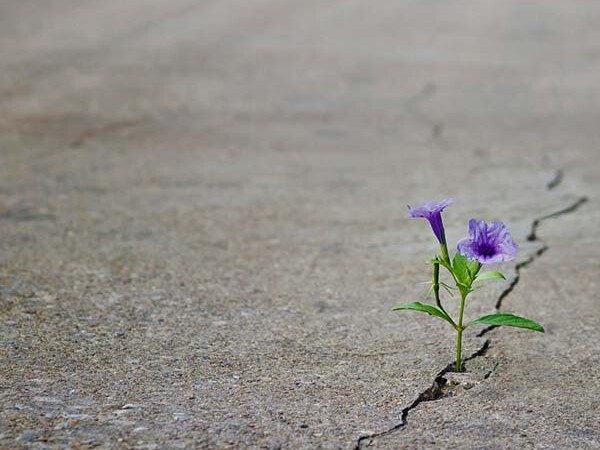
“We are conducting the most dangerous experiment in history, . . .
. . . precisely to see how much carbon dioxide the atmosphere can handle before an environmental catastrophe occurs. “
Elon Musk

“When the wind of change blows, . . .
. . . some people build walls, others windmills. “
Chinese wisdom

“Of course I’m interested in the future. …
. . I want to spend the rest of my life in it after all.”
Mark Twain

Digitalization is the dominant topic in the manufacturing industry. Predictive maintenance, smart data, automation, digital twin technology have made it into the headlines of newspapers, magazines, and conferences. As digitalization is embracing all aspects of our private and professional lives, it is becoming a priority for managers and policymakers to talk about the new opportunities. In this interview we talk with Frank Talmon l’Armee, CEO of SEMODU AG, about the relevance of digital transformation in real estate industry.
Journalist:
Why is digitalization so important at SEMODU?
Frank Talmon L‘Armée:
“We can already see that digitalization is shaping our daily lives and will play an important role in many other areas of our lives in the future. That is why it is extremely important for us not only to talk about the possible implementation of digital progress, but to implement the real solutions – from words to deeds, so to speak. We at SEMODU believe that the dematerialization of physical objects is only a matter of time and therefore see an immense potential in the digital transformation of the real estate industry and especially in modular construction.”
Journalist:
We often hear about the importance of putting customers’ needs at the center when doing the product development. To what extent is this important for SEMODU and how is the customer taken into account?
Frank Talmon L‘Armée:
“Since our customer is also the final user of our product, it goes without saying that we focus on their needs. But because we are creating something entirely new, our customers are often not even aware of these needs. And this, of course, is a paradigm shift. Here in particular, we strive to clearly convey our vision of the new form of living and to demonstrate all the possibilities of individual design. Every one of our customers should be able to express themselves in their own home. And that, if he wants to, means that every day can be unique.”
Journalist:
You mentioned before the need to move from words to deeds. So how does SEMODU implement digitalization in its products?
Frank Talmon L‘Armée:
“We are currently in the process of developing a fully digitized module by implementing an intelligent building operating system. This system includes everyday objects such as an ordinary dining table being rethought, reinvented and digitally connected. The benefit for our customers lies in the simple, comfortable and adaptable living space we create. Moreover, habits are changing faster than ever. For example, the use of online tools is often the better alternative to buying products or services. That’s why we stick to the “pay-per-use” principle in order to create a wide offer that can be arranged according to individual preferences.”
Journalist:
How does SEMODU stand out from other companies, especially in terms of digitalization?
Frank Talmon L‘Armée:
“The integration of digital products into the modular construction concept is a unique selling point for SEMODU and thus a pivotal advantage in the market. With the implementation of our technological concepts, we want to significantly advance the digital transformation in the real estate sector. Our unconventional way of thinking is therefore our most important resource. The ideas and new perspectives we create not only provide valuable impetus for our work but they inspire and motivate us.”
Journalist:
Sustainability is one of the main topics of SEMODU AG, the method provider for modular construction. Why is it so important to you and what role does climate protection play? How is the industry reacting to this commitment?
Frank Talmon l’Armée:
Contributing to climate protection is a matter of the heart for SEMODU AG. After all, the real estate sector has always been one of the largest emitters of greenhouse gases. That is why we see a special need to catch up.
Wherever possible, we use wood and invest in the afforestation of forests to achieve a CO2 balance or even a positive CO2 balance with our resource-saving concepts. That our climate-friendly living concepts and modular construction are in great demand, is also evident from the numerous positive feedback we receive from city planners, architects, and decision-makers on our real estate projects.
Journalist:
Sustainability does not come at zero cost. But sustainability has been in the trend for years and is now approaching construction and real estate industries. At the same time, however, there is a housing shortage and apartment prices keep rising. How can this contradiction be resolved?
Frank Talmon l’Armée:
Little has changed in conventional construction in the last 200 years, especially with regards to sustainability. But our CO2-neutral building concepts do not necessarily have to be expensive. This is a very important point. For us sustainability has to do not only with climate protection, but also with socially acceptable living – that is why we are aiming to go away from this contradiction. With climate-neutral concepts, with regard to energy and mobility, we want to create a future worth living for future generations.
At the same time, we also know about the social importance of climate protection from SEMODU. Thus, for us, building the future and implementing sustainability are inevitably linked. Generally speaking, at SEMODU we are sending a clear signal for more climate protection and sustainability.”
Journalist:
Does the commitment to climate protection in your company and modular building offer concrete, measurable added value or is this more about making a contribution to society?
Frank Talmon l’Armée:
There is already a clear added value for us. As experience shows, the real estate industry is rather conservative and slow when it comes to innovations. Growing cities, rising property prices, rents and construction costs, the frightening climate forecasts and the changes that are already visible today will not simply disappear. These are the problems that affect all of us. From politicians, companies, cities, environmental organizations and, of course, down to every single person – everyone has to stick together to maintain a future worth living together. We have already been able to link some of these strands, but here and there we still find incomprehension or hesitance.
We do not let this slow us down, of course, but rather enter into strategic partnerships that share the same vision and are willing to push forward with us.
Journalist:
How does SEMODU implement its ambitious climate protection goals?
Frank Talmon l’Armée:
We aim to implement all our projects at least climate neutral – if not with a positive climate balance. However, we are particularly proud of our project “Am grünen Anger” in Wernau, which not only has a CO2-neutral budget, but also has a sustainable mobility and energy concept behind.
Nevertheless, we want to strengthen the environmental and climate awareness of our employees, partners, and customers. That is why we count on a broad network of partnerships and support the initiative “one for the planet”, whose founder now also belongs to the advisory board of SEMODU AG.”
Journalist:
In the above example, how do customers and third parties benefit from your climate protection efforts?
Frank Talmon l’Armée:
With our projects, we prove that climate-neutral living is quite affordable and can still meet the highest quality standards.
This is precisely what we want to achieve with our innovative energy modules and sustainable mobility concepts, which benefit our customers directly.
Journalist:
That’s wonderful. However, climate protection sometimes still requires large investments. Have you found solutions to distribute these costs fairly and socially acceptable among all parties involved?
Frank Talmon l’Armée:
A major concern since the founding of SEMODU is building affordable housing and thus the basis for social compatibility. Our modular design, whether wooden modules, concrete modules, or hybrid modules, already enables significant cost savings and in return creates more scope for implementing climate-friendly concepts. The standardized manufacturing and delivery process can be planned up to the last minute, so that the module is transported to the construction site just-in-time. Compared to the conventional construction, construction times can thus be reduced by up to half.
Journalist:
Will you expand your company’s commitment to climate protection in the coming years?
Frank Talmon l’Armée:
We always strive for more. Our vision is to create living spaces and properties that are as resource efficient as possible and that are adapted to the needs of people. That is why we never get tired of implementing new innovative concepts and are constantly working on improving our environment. The promising collaboration with a major energy company is only the beginning.
Journalist:
What does corporate responsibility and responsible corporate management mean to you personally?
Frank Talmon l’Armée:
At SEMODU, everyone has a voice – we meet at eye level. For me, corporate responsibility means recognizing and strengthening responsibilities of employees and steering them in the right direction. Our employees are the driving force behind SEMODU. In my opinion, giving them the greatest possible freedom in their work is a form of responsible corporate management.
Journalist:
Which projects and initiatives in which SEMODU has been involved in recent years had social relevance?
Frank Talmon l’Armée:
We believe that all of the projects we initiate or support have a high social relevance. And the numerous project enquiries that we receive regularly show us the success of our initiatives “affordable living” and “climate-neutral, resource saving concepts.
Journalist:
That’s the customer perspective now. To what extent does your focus on social responsibility also influence you during the selection of applicants?
Frank Talmon l’Armée:
We believe that a multicultural team brings a special diversity of talent, skills and new perspectives. Regardless of age, experience, background etc. , we are looking for the smartest and most creative minds who bring fresh air and new ideas.
Journalist:
What role do the employees of SEMODU play in the success of the company? What is particularly important to you in terms of applicants?
Frank Talmon l’Armée:
SEMODU is on a growth course – both geographically and in terms of personnel. In order to cope with this increasing workload, we always use reinforcement in the team. We appreciate the ability to work collaboratively. Working at SEMODU requires great openness to innovative thinking and willingness to challenge conventional approaches. Initiatives and new ideas of our employees are enormously important to us, and we therefore particularly encourage independent working methods.
Journalist:
What are the initiatives with which you want to make a long-term contribution to society with your company?
Frank Talmon l’Armée:
SEMODU AG is based on four main business areas: modular, digital, sustainable and productive. All those contribute to the goal of creating a future worth living for future generations. Intelligent and sustainable building modules are our path to reach these goals.
Journalist:
How mathematics impacts our built environment?
Shashank Pandey
The cycle of the environment has a rhythmic and repetitive function – from seasons to daylight hours – all follow a set pattern. Mathematical proportions are decisive in making any object look aesthetically pleasant. The ancient architecture and in some cases modern architecture make use of mathematical patterns and proportions in order to harmonize the built form with our nature habituated visual senses. The Golden ratio is one such example. Its geometrical interpretation was used by Egyptian, Greek, and Roman civilizations. The trend continued extensively in Gothic and Islamic Architecture. Modern Architects such as Le Corbusier also used mathematics as a tool in their design forms.
Journalist:
How is mathematics and modular construction interrelated?
Shashank Pandey
These two are co-related in multiple dimensions. Historical use of mathematics in buildings was restricted primarily to building forms and facade patterns. But with modular construction mathematics plays a more decisive role encompassing different facets of planning. In modular construction, other than the regular anthropometry figures, the planning team must make efficient calculation, regarding the size of the modules, ratio of module faces, weight of the modules, balance of the module, and the special technical parameters in the subject of structures and MEP.
The external factors such as fabrication plant, state traffic regulations, crane allowances, etc. bring these restrictions in play. Inefficient planning can make the project cost to shoot up.
The efficiency can be checked and compared using formulas. Planners must work under this complex mathematical umbrella. This complex constellation can be simplified through CAD (Computer aided design) planning scripts. In the future, fabrication plants will have more automatic and semi-automatic CAM (Computer aided manufacturing) processes at their disposal.
Journalist:
Can this mathematical system be used similarly across all the projects?
Shashank Pandey
This system has many variables. When looking over external factors, on one hand there are variations arising due to different state building regulations, on the other hand, different state traffic restrictions. Talking about internal factors, for example, the system devised for a residential building cannot be used as it is for an office building. Other variations arise from the material itself. Concrete, wood, steel, and hybrid construction, each have their individual mathematics. Due to the heavier weight of concrete (ca. 2400 Kg/m³), it results in smaller module sizes as compared to wood (ca. 1200-1500 Kg/m³). Additionally, in concrete, the specific fabrication process of dealing with sized formworks brings further invariable constraints in the planning process. But at the same time, due to its lean wall sizes concrete modules result in better area efficiency. All these parameters are analyzed mathematically in terms of advantages and disadvantages, material wise and project wise. Of course, this complex comparative analysis is much easier with mathematical coding and combinatorics.
Journalist:
In general, how do project processes differ in modular construction? And what impact these processes have on the cost and sustainability numbers?
Shashank Pandey
In our experience, Design-Build is the best suited project delivery method for modular construction. The planning revolves around the specific module mathematics which is customized as per the manufacturer’s system. The building modules are detailed up to the last step during the initial planning phases and are pre-finished up to the grade of 80-90% in the fabrication plant itself. Even the sequence of final module assembly and the point of connection for lifting the module is pre-determined. Last minute alterations are difficult to execute and costly to duplicate. It can disrupt the entire modular process and prolong the project duration.
The planning process utilizes the practical principle of P-P-D (Plug, Play and Design). The aim of the planner is to design the most efficient size of the module, because either smaller or bigger sizes can lead to cost escalation during fabrication, transport and onsite lifting and assembly. At the same time, planner must maximize the module repetitions to end with efficient fabrication costs. Finally, the total reduction in the project duration by 50-70% results in greater value of opportunity cost for the real estate developer.
Coming to the aspect of sustainability, the lean fabrication process and low number of design changes lead to minimum construction waste. Highly controlled quality standards make the building durable and more sustainable when calculated over the entire building life cycle. The reduction in project time leads to decrease in carbon emission in intangible ways. The grade of building material recycling and flexible project reuse possibilities add up to the sustainability quotient even further.
Journalist:
How does SEMODU ́s modules development differ from its competitors?
Shashank Pandey
Our modules and its fabrication process envision high grade of efficiency replicating the automobile industry of Germany. The priority is set on achieving module quality, rather than module quantity. For instance, our conceptualization for residential projects aims to accomplish the total planning by using minimum of one or maximum of three module sizes per project. This uniformization principal trickles down in maximization of cost, quality, and time benefits. These value engineered modules are structured to meet next generation needs and provide compact solutions. The WANDWALL digital module is being developed as a smart module tool embedded with BOS technology. This is the future of modular construction and the real estate industry at large, where we have already made significant contribution.
Jochen Dorner is our Head of Business Development and a long-standing expert in the real estate industry. He is responsible for the efficient and climate-neutral implementation of our projects and project development in general.
In the following interview, we asked Jochen about the biggest challenges in the real estate industry and how does SEMODU solves them. He also explains which sustainable solutions SEMODU AG integrates in its projects.
What are the biggest challenges in the real estate industry? And what does SEMODU do to overcome these challenges?
The real estate industry is facing a number of challenges. These include the housing shortage associated with affordable housing, the current shortage of skilled workers in the industry, climate change and the progress of digitalization. In fact, the real estate industry is one of the least digitized sectors, so the need to catch up is enormous. In addition, the challenges for the real estate itself have completely changed and must be faced by the real estate industry in the long-term as well.
What does SEMODU do? As a method provider, we work system-independently and offer our solutions according to the challenge or request of the customer. In doing so, we do not focus on just one product or material, but on the best concept for the solution of the particular inquiry. In addition, we are specialists in the rapid provision of living space, which is becoming increasingly important in view of the prevailing housing shortage.
To what extent does SEMODU counteract climate change? The concept of sustainability is deeply embedded in SEMODU’s concept. We make a promise to our customers that every one of our projects will be climate-neutral in its creation or later in its operation. To maintain CO2 neutrality, we have entered a partnership with GETEC to develop market-independent solutions. Our company appears on the market as CERO2 and develops innovative projects to enable CO2-neutral operation later on.
How is the concept of sustainability implemented at SEMODU and what role does climate protection play in this?
The answer lies in the comparison of modular and conventional construction. The latter is characterized by poor productivity and significantly high resource consumption. For this reason, the real estate sector is responsible for around 60% of all waste generated in Germany today. In contrast, the modular construction method has a significantly higher productivity and effectiveness. Here, SEMODU relies on wood as a construction raw material and, in exceptional cases, on wood-concrete hybrid buildings, which makes our projects much more resource-efficient and significantly more sustainable.
SEMODU AG receives excellent ESG rating with the qualification “Very Good” & “Sustainable”.
SEMODU AG strengthens the transformation to a sustainable economy with very ambitious goals and meaningful solutions and supports the Sustainable Development Goals (SDGs) 7, 9, 11 and 12. Furthermore, SEMODU AG does not violate any of the key exclusion criteria of sustainable investors.
SEMODU AG comprehensively incorporates sustainability potentials and risks into all business activities. The ESG department and the sustainability expertise located in various positions of the company comprehensively reflect climate and sustainability risks and impacts and are in a good position to control and reduce them.
If you have any questions or suggestions regarding the ESG rating, please contact Franziska Löhr, Head of ESG.
Locations
You can find us here:
Maximilianstraße 2
80539 Munich
Hauptstadtatelier
Am Spreebord 9e
10589 Berlin
Benzenmühlstraße 9
71723 Großbottwar
Lämmerspieler Straße 12
63165 Mühlheim a. M.
Hafenstraße 25-27
68159 Mannheim
Bundeskanzlerplatz 2d
53113 Bonn
c /o BETTR AG
Industriestraße 21
6055 Alpnach Dorf / Luzern
Stubenring 20
1010 Wien
10 Place Vendôme
75001 Paris
40 Yonge Street
Toronto Canada
c /o YANITA INVESTMENTS LIMITED
26/27 Upper Pembroke
Street Dublin
SEMODU INVESTMENTS LIMITED
69 Great Hampton Street
Birmingham, B18 6EW
